November Sterilisation Success in Zugdidi: A Big Step Towards Reducing Street Animal Overpopulation
November was a month of significant progress in our mission to combat street animal overpopulation in and around the Zugdidi area in Georgia. Thanks to the incredible dedication of our volunteer team, we successfully completed over 145 sterilisation procedures, preventing the birth of an estimated 500 puppies and kittens who would otherwise face life on the streets. This achievement marks a huge step forward in our efforts to promote humane animal population control and improve the lives of stray animals in the region.
Gratitude for Our Incredible Team
We couldn’t have reached this milestone without the hard work and expertise of our amazing veterinary team in Zugdidi, led by Dr. George and Dr. Emzar. Their tireless efforts have been instrumental in making these sterilisation campaigns possible. We’re also immensely grateful to our Czech volunteer team, who traveled from abroad to lend their hands and hearts to this critical cause.
Fully Volunteer-Run Initiative
This initiative is powered entirely by volunteers, with all team members generously donating their time, skills, and resources. However, to keep our operations running smoothly, we rely heavily on donations. Currently, we operate on a budget of approximately €1,400 per month, which covers essential expenses such as veterinary services, veterinary credits, and supplies from the local zoo shop. Our funding primarily comes from crowdfunding and a handful of small sponsorships from compassionate companies who share our vision.
Facing Tough Times, But Continuing the Fight
As we continue to navigate these challenging times in Georgia, we are actively protesting and fighting for our rights amidst the political unrest. Despite the difficulties, we remain focused on our mission to help as many animals as possible. We are proud to share our November highlights with you, and we hope you will continue to support us as we work to create a better future for Georgia’s street animals.
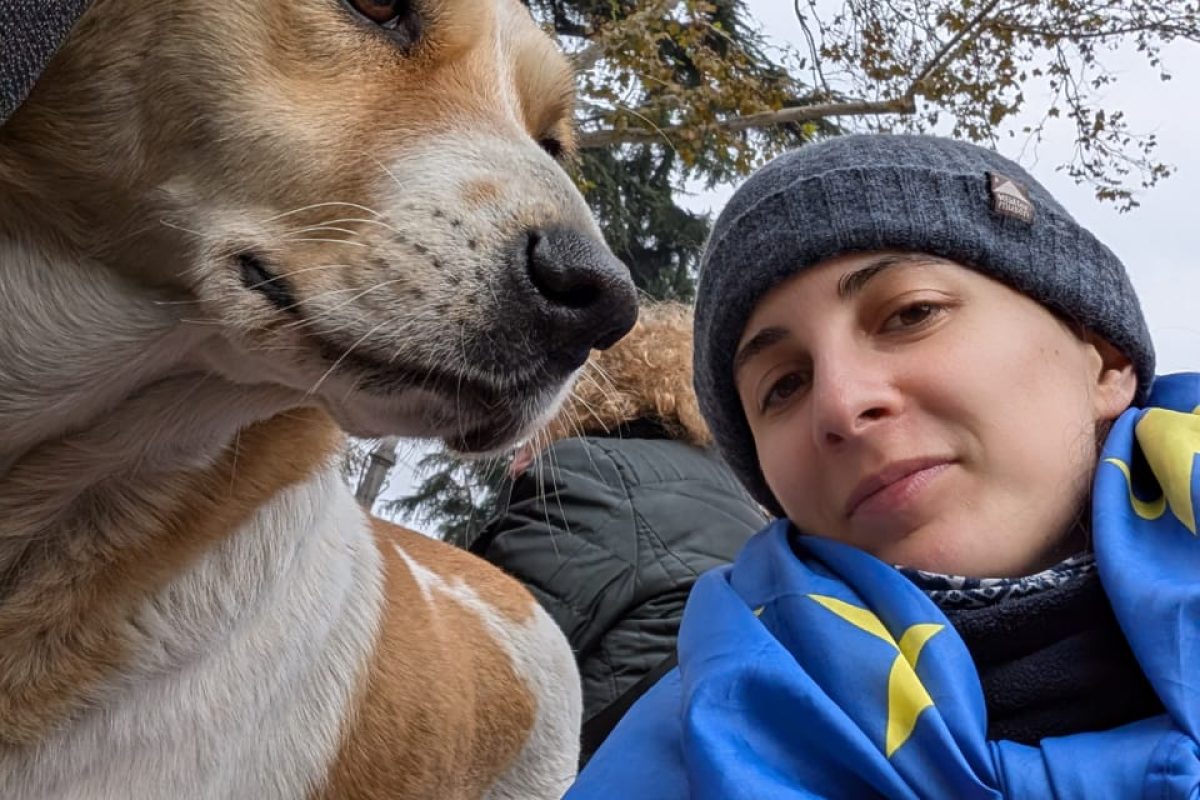
Paul's story
The rescue team found vulnerable and severely injured Paul while collecting strays for sterilization. He urgently needed medical care, so they brought him to a clinic in Tbilisi, where the team has the resources and facilities to treat the most difficult cases.
Paul underwent a full vet check-up, including analysis, X-rays, and blood work. Afterward, he received round-the-clock treatment in foster care with Mariam Shekiladze. Once Paul was strong enough and his test results improved, he was deemed ready for arthroplasty. He is now recovering from surgery in a foster home in Zugdidi while preparing for his move to a family home in the Czech Republic.
Paul is a kind, gentle soul who still experiences stress and requires comfort and support to overcome his trauma. We are thrilled that our Czech volunteers found him a loving family.
The cost of treating Paul totaled:
- Taxi from Zugdidi to Tbilisi: 300 GEL
- First vet visit (including analysis and X-ray): 500 GEL
- Medical treatments: 200 GEL
- Second vet visit for follow-up tests: 400 GEL
- Surgery: 600 GEL
These expenses represent a significant portion of our average monthly income, highlighting the urgent need for additional donations to support challenging medical cases like Paul’s.
You can find a full disclosure of the costs in our transparency reports on our website.
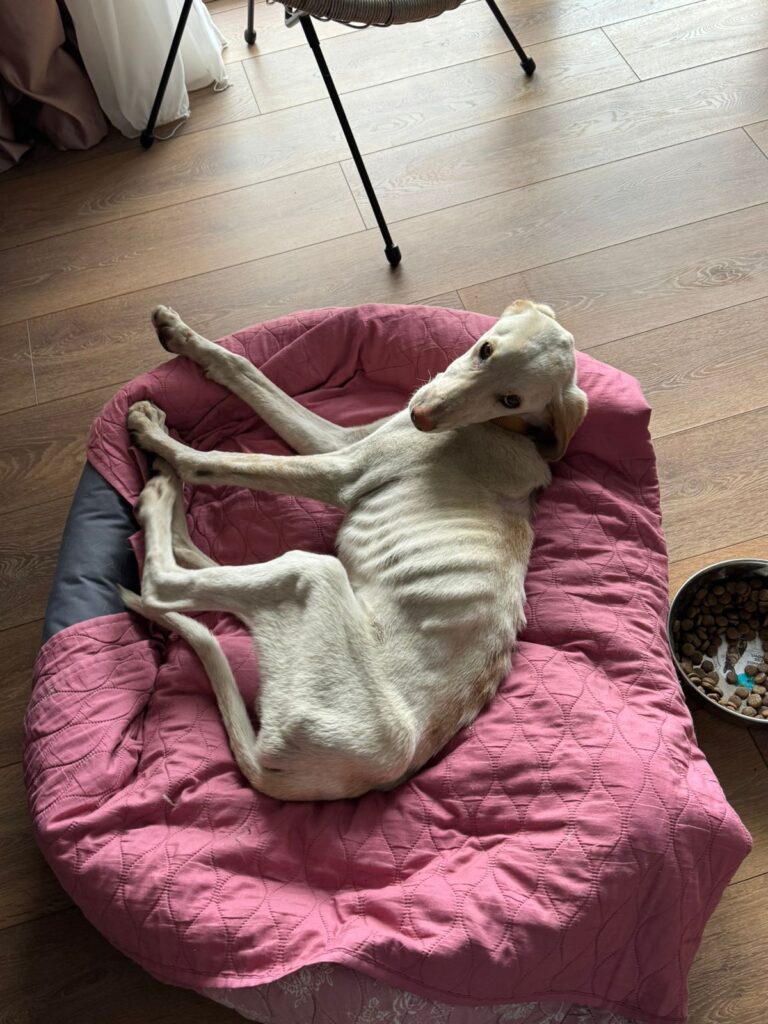
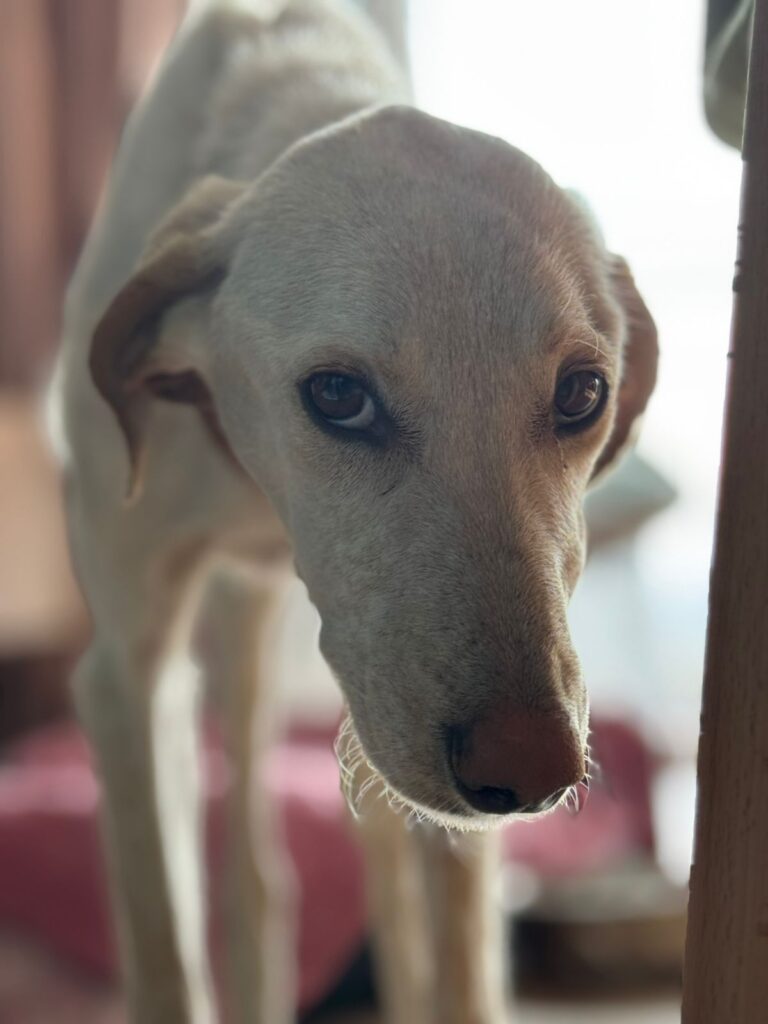
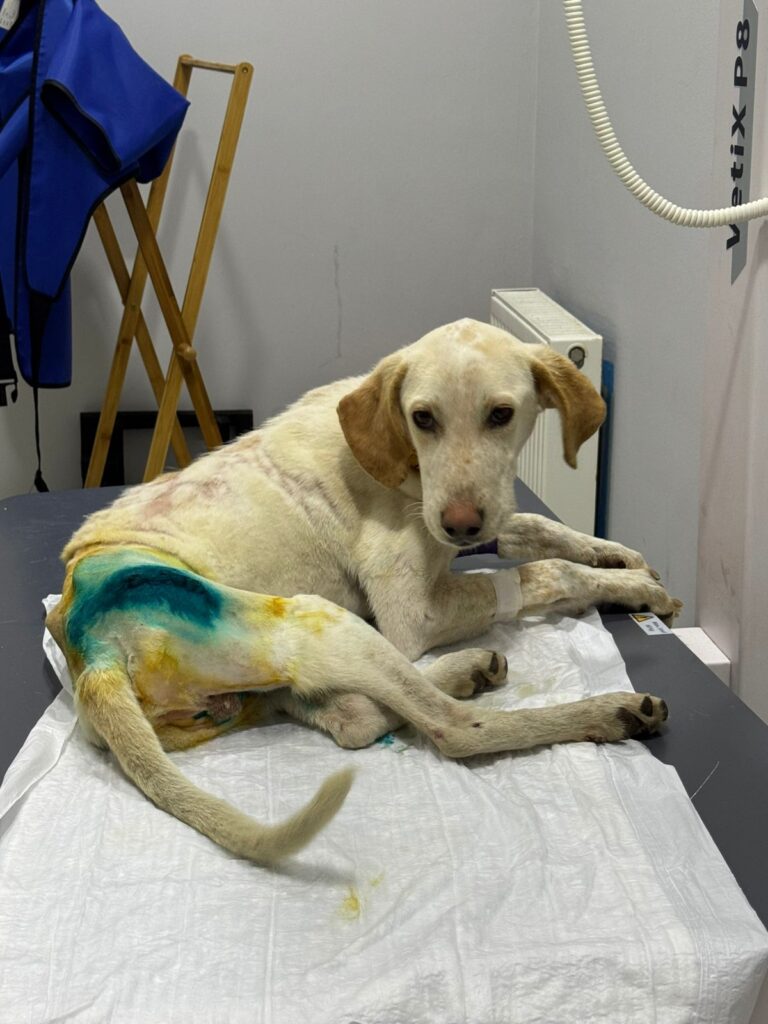
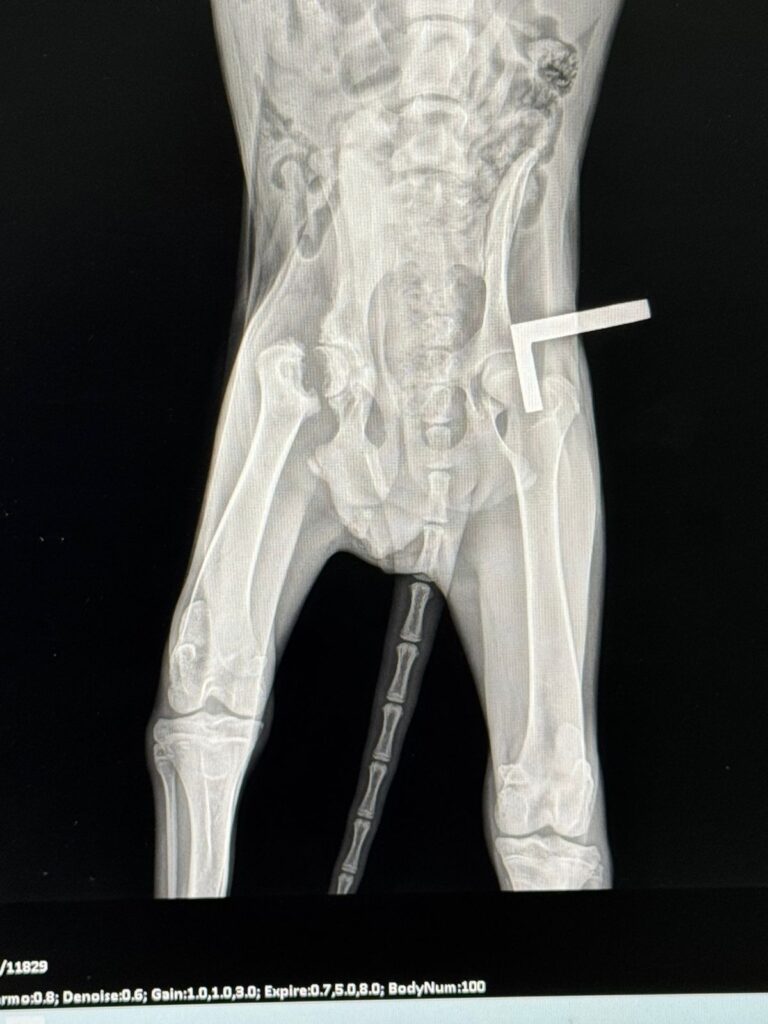
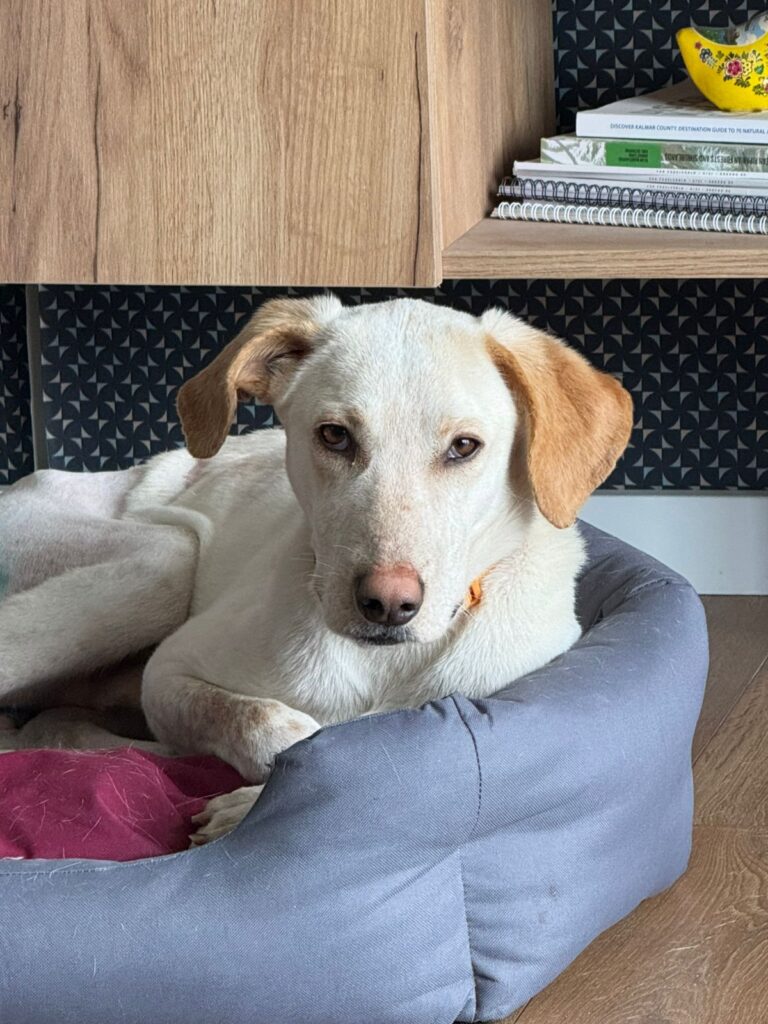
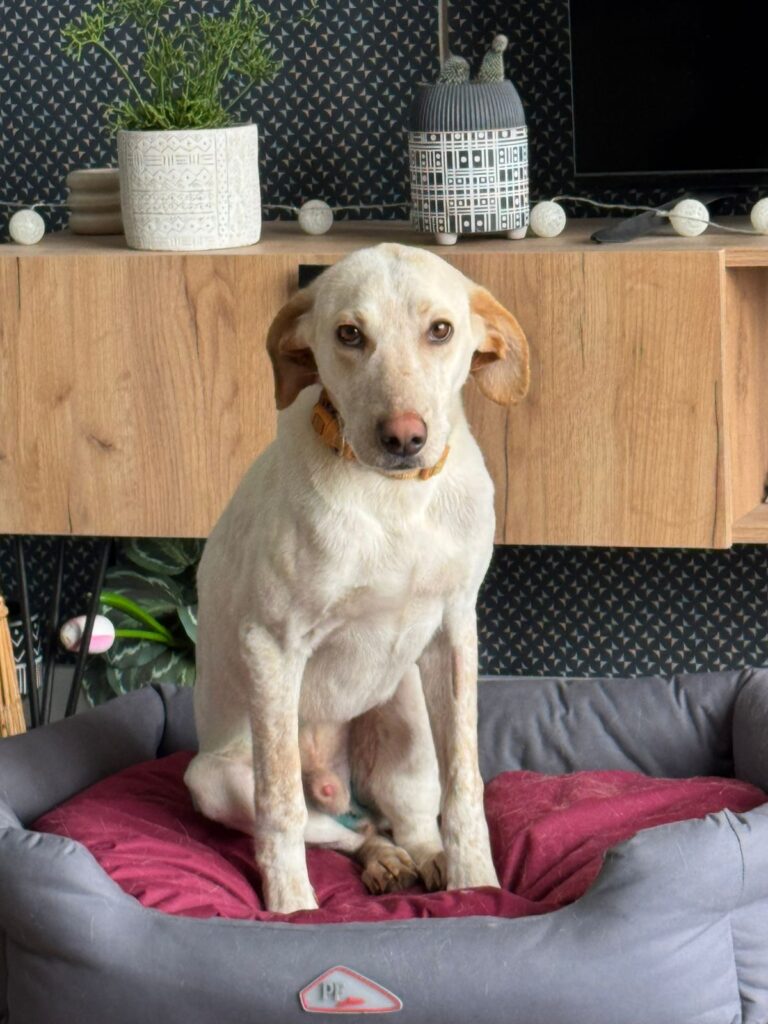
Lucky's story
During one of their rescue missions in the Georgian mountains, the Czech volunteer team found a chained dog in the freezing cold of the Ushguli area. The dog stood in feces and had been chained for so long that the metal had cut into his skin, causing a painful and infected wound. The volunteers approached the locals near where the dog was chained and were told, “Take it,” when they asked how they could help.
The volunteers brought the little dog to Zugdidi for medical treatment, where the vet cleaned and stitched up his wound. While the surgery took place, the Czech volunteers worked hard to find a forever home for him in the Czech Republic—and they succeeded! He will soon join a family in a village near a forest. Can you guess what they named him? Lucky!
Lucky is now in foster care with Larisa, where he is being socialized and trained to feel safe and calm around other dogs and humans—a challenge for a dog who has endured so much abuse over a long period of time.
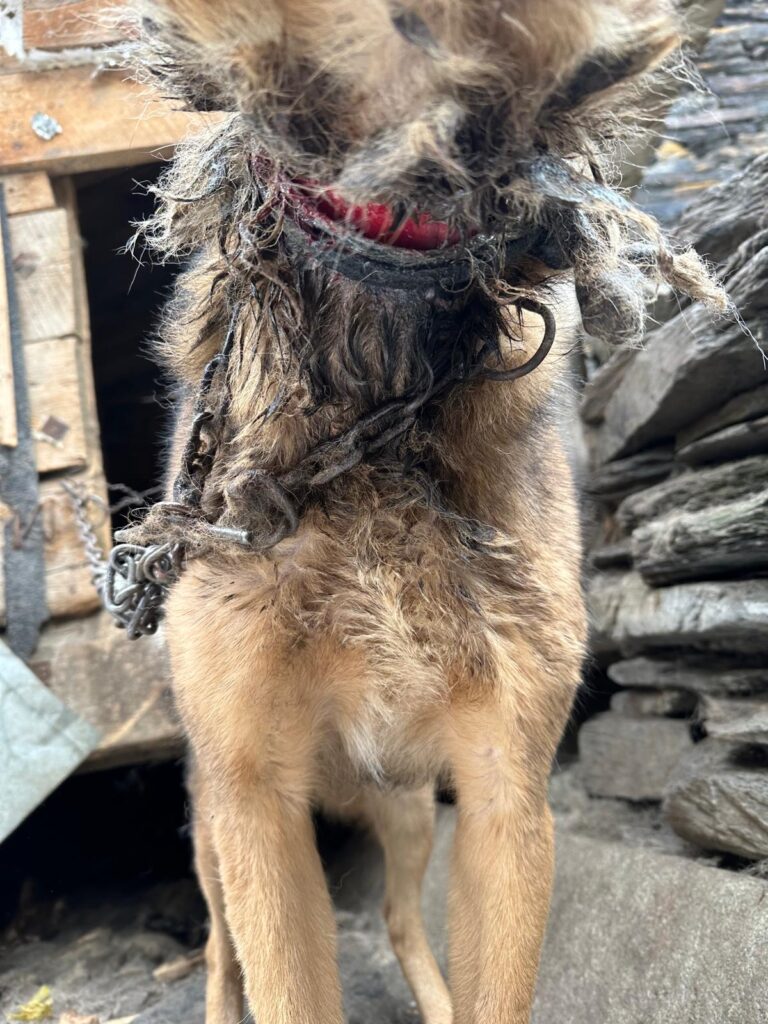
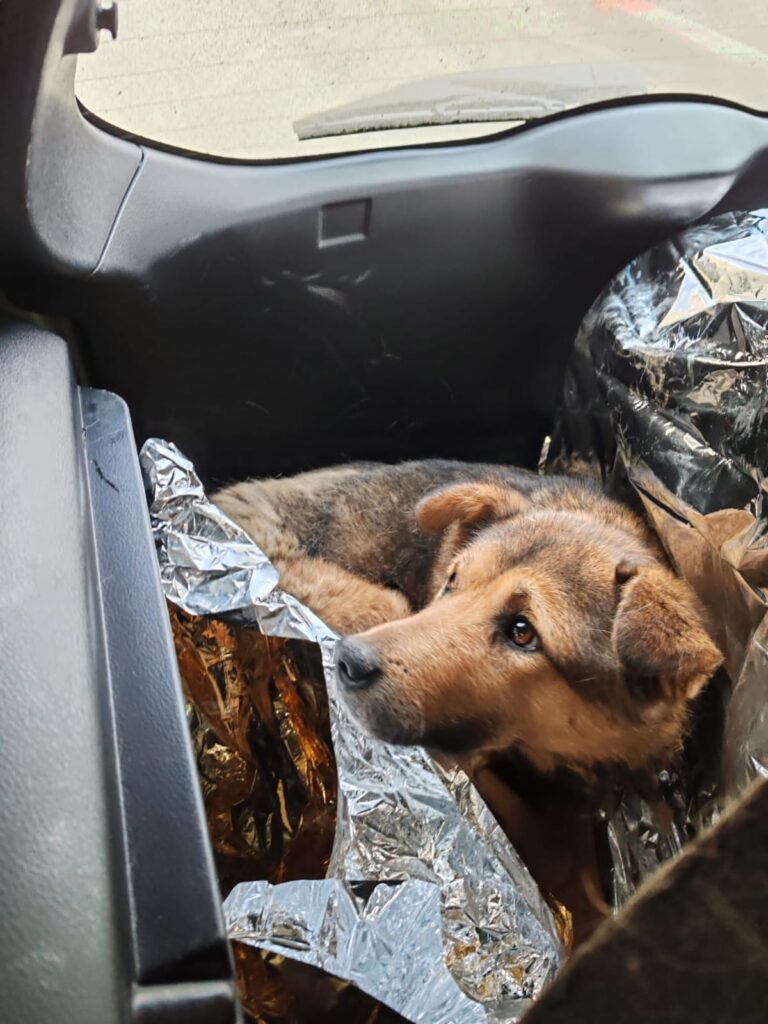
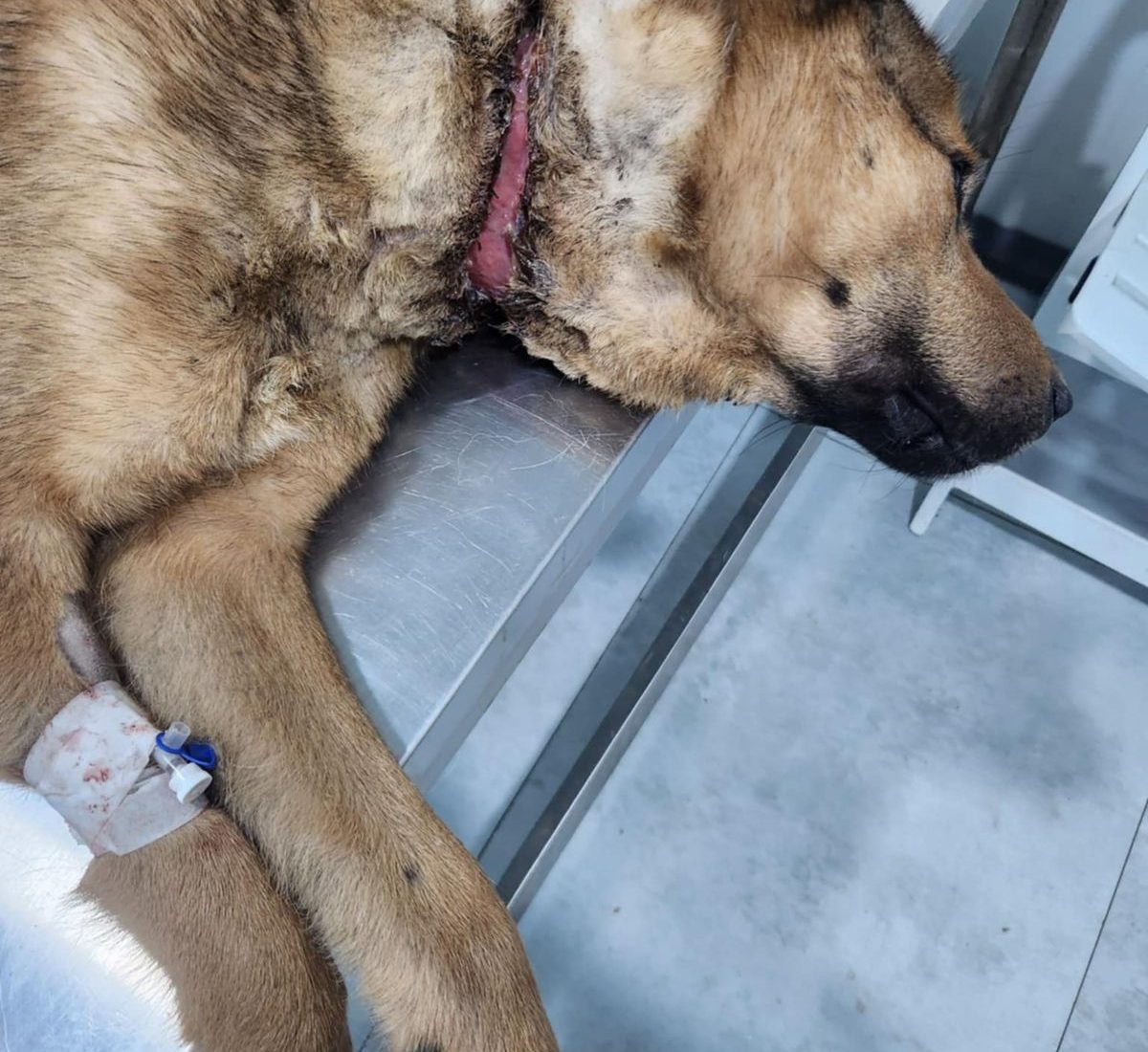
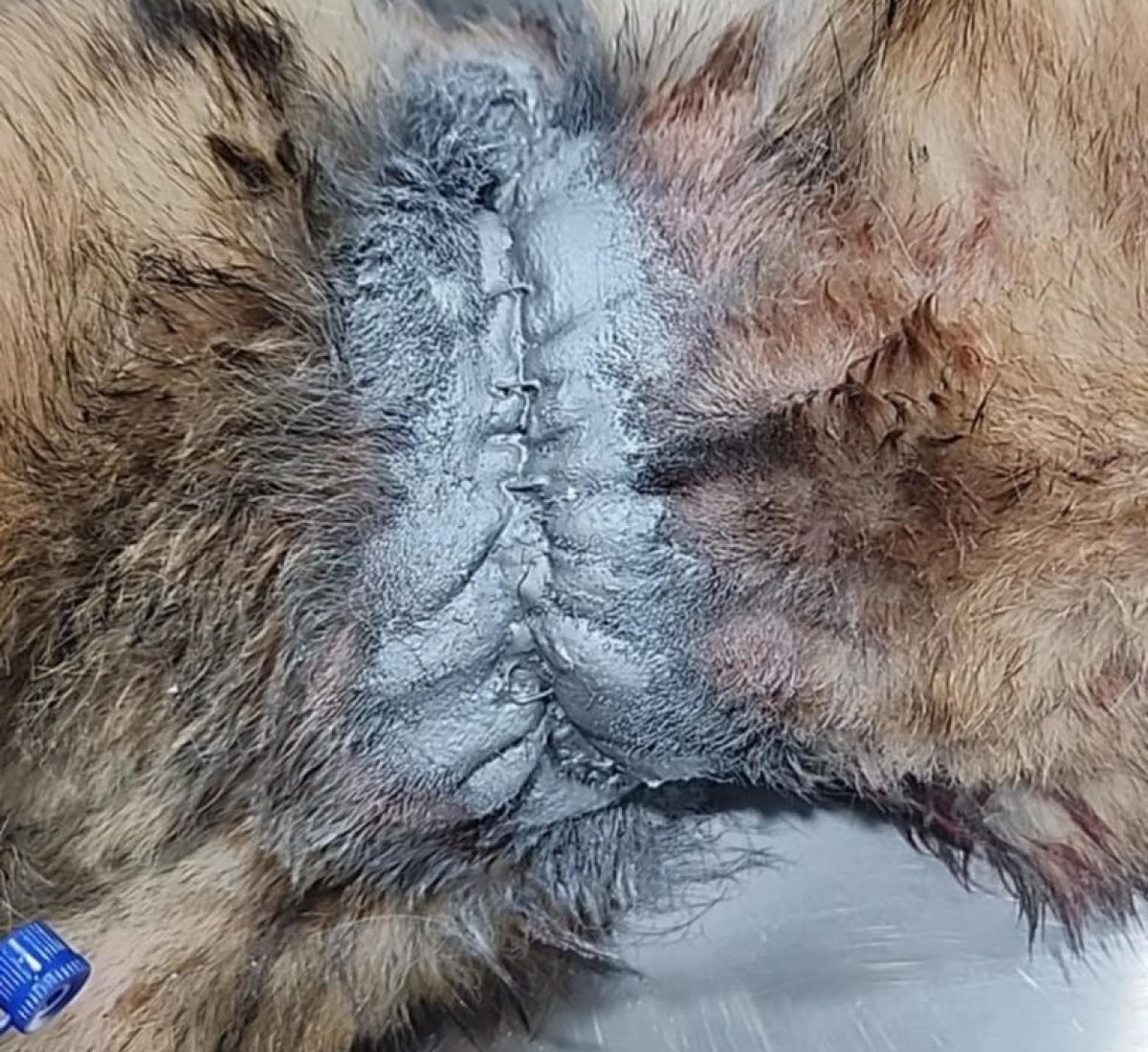
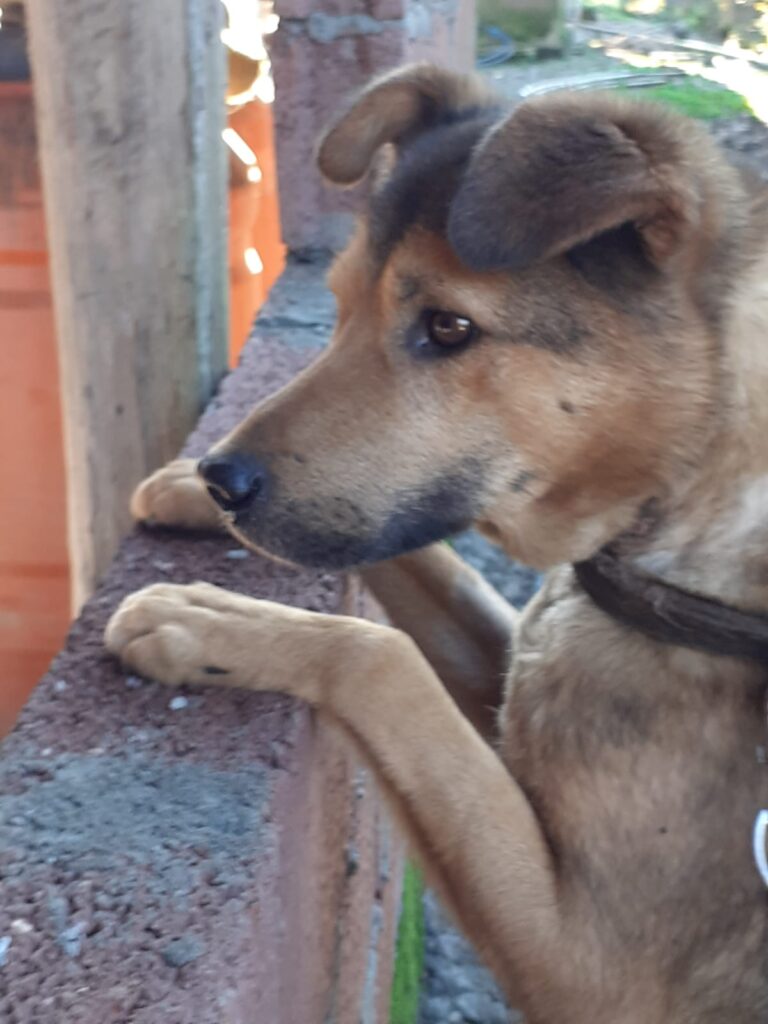
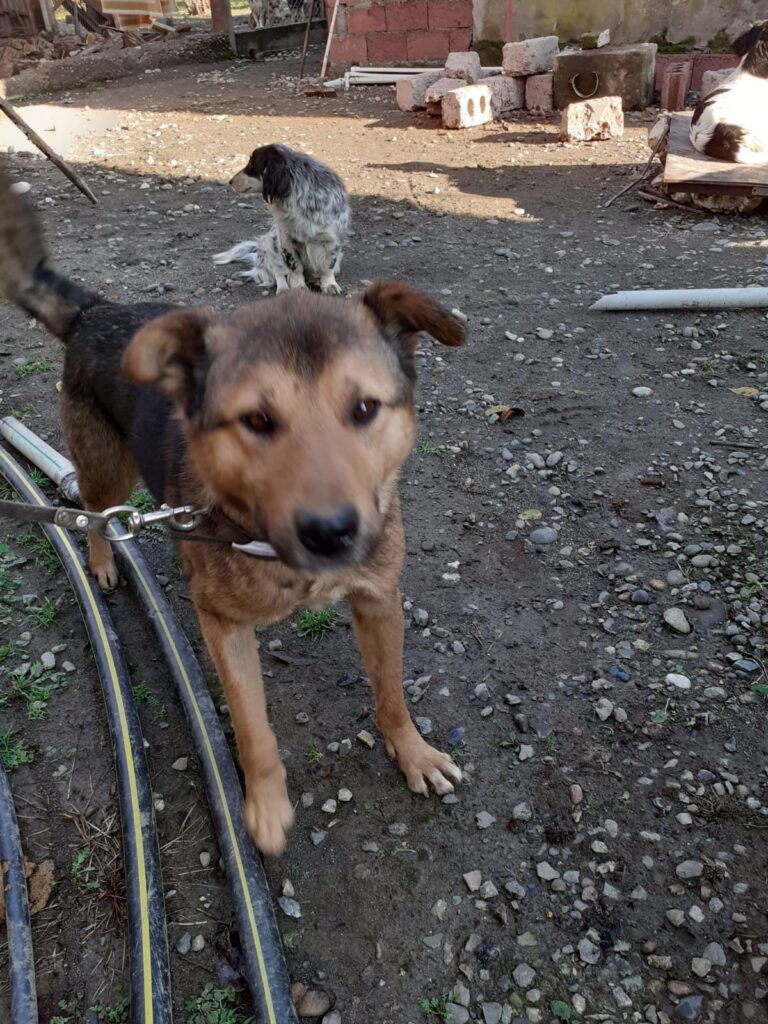
Sterilisation campaign
The sterilisation campaign took place from 11-13 November this year and resulted in 98 dogs and cats sterilised in three days. Volunteers David, Katerina and Jitka share their reflections on what it was like to participate in a sterilisation campaign – and what made them decide to do so. You can find all the photos here.
What inspired you to help organise a sterilisation campaign in Georgia?
We are very familiar with the situation regarding stray dogs in Georgia from our previous visits. We have been following Zero Stray’s work for a long time, and it is clear that sterilisation is the most important and effective way to improve the situation. We also assist with dog care and veterinary costs through our fundraising efforts, but sterilisation is our top priority, even though it is a long-term process.
Can you explain how a sterilisation campaign is typically conducted?
The days of the sterilisation campaign were incredibly intense. The campaign lasted three days, running from early morning until late evening, during which time 98 dogs and cats were sterilised. We spent our days collecting untagged female dogs from the streets and bringing them to the veterinary clinic, sometimes assisting directly at the clinic. We would calm the dogs that had just woken up from surgery and feed them. At the end of each day, we would return the dogs to the same location, and that was probably the most emotionally difficult part of the job. Every dog received a yellow tag on its ear, indicating that it had been sterilised and vaccinated.
The campaign was not limited to street dogs; locals could bring their own pets as well, which was also important. The vets worked long hours, sometimes up to 14 hours a day, and the Georgian volunteers who helped the vets were incredibly dedicated. They were truly an inspiring group of people. By the end of each day, everyone was exhausted.
You carried out several rescue missions while in Georgia. Could you share details or stories about those experiences?
We feel that we carry out rescue missions every time we visit Georgia. This time, we experienced three particularly memorable stories.
The first involved a beautiful creature we encountered in Samtredia, over an hour’s drive from Zugdidi. Alongside a busy, dusty road, we spotted an extremely skinny, limping dog. You could see every bone in its body, and it was not using one of its rear legs. It was perhaps the most miserable dog we have ever seen. We knew we had to bring it with us. After surgery for a broken hip joint and treatment for babesiosis, the dog is now recovering and preparing to travel to the EU, as it has found a new adoptive family in the Czech Republic. We shared his story on our social media, and the support we received was overwhelming. Many people donated money for his treatment and transport to his new home.
The second story took place after the sterilisation campaign had ended. Mariam asked us to travel to Ushguli, a mountain village in Upper Svaneti, five hours from Zugdidi, to search for a dog that a Polish woman had fallen in love with during her visit to Georgia. The dog had followed her for several days, and when she returned home, she decided to adopt him.
Another little miracle occurred – we found the dog just 15 minutes after arriving in the village. However, when we were about to leave, we discovered another dog that had been cruelly chained with a cord that had caused a horrific wound on his neck. He was in an abandoned part of the village, and we were horrified by the conditions he was living in. It was an example of appalling cruelty. We ended up returning to Zugdidi with two dogs, both of which found new homes in the Czech Republic. The second dog’s story also went viral on social media in the Czech Republic, where people are deeply sensitive to the abuse of animals. Every dog we rescue has a truly happy ending, which is what makes all the effort worthwhile.
What emotions did you experience when it was time to leave Georgia?
It’s hard to say, as there were many different emotions. I felt hopeful that we had done at least a little bit of good. I was happy about the success of the campaign and the three stray dogs that found new homes in Europe. But I also felt desperate, knowing that so many poor strays remain in pain on the streets. There was a sadness at having to leave such amazing people behind, and a sense of fear for this beautiful country and the challenges it still faces.
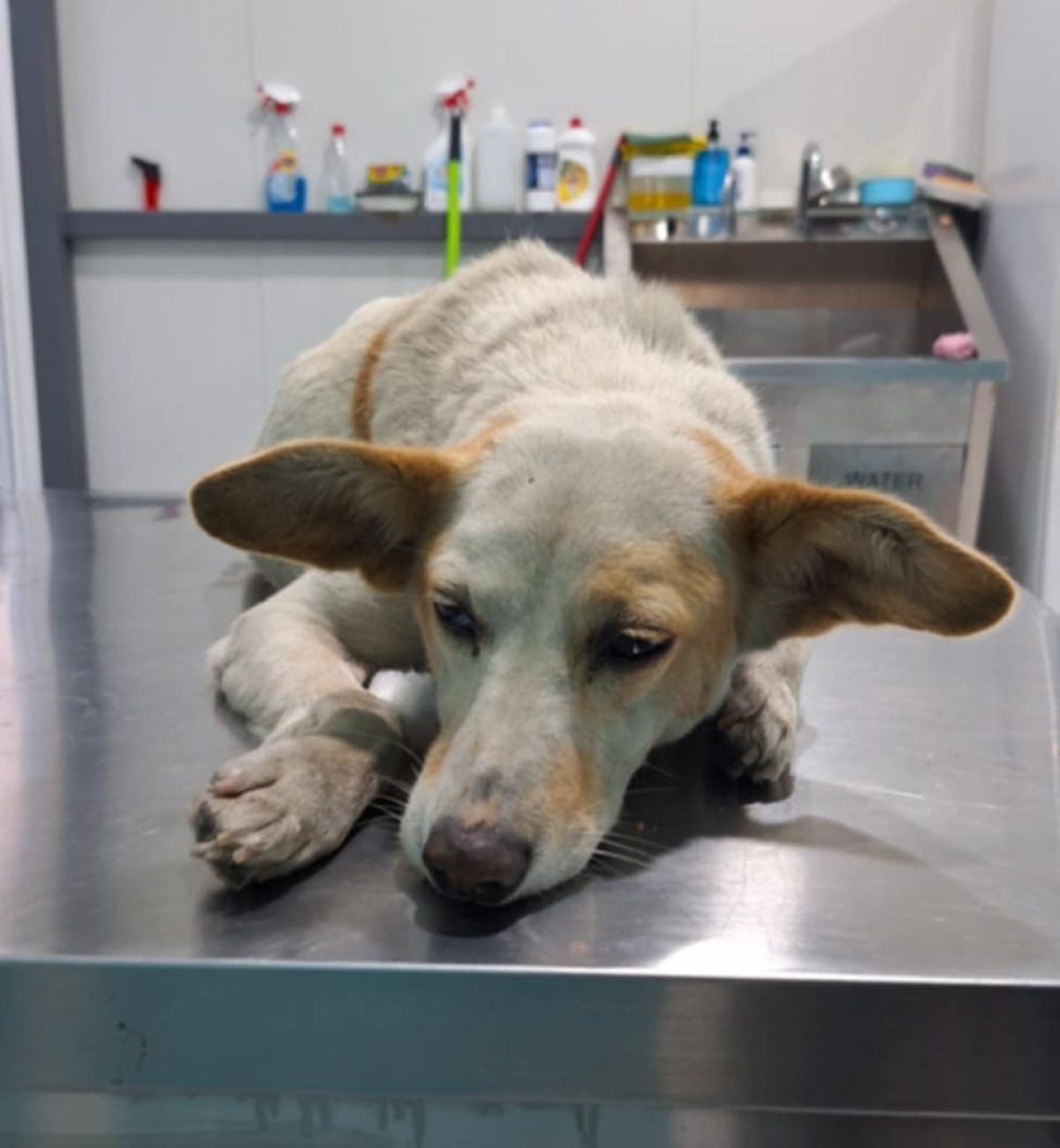
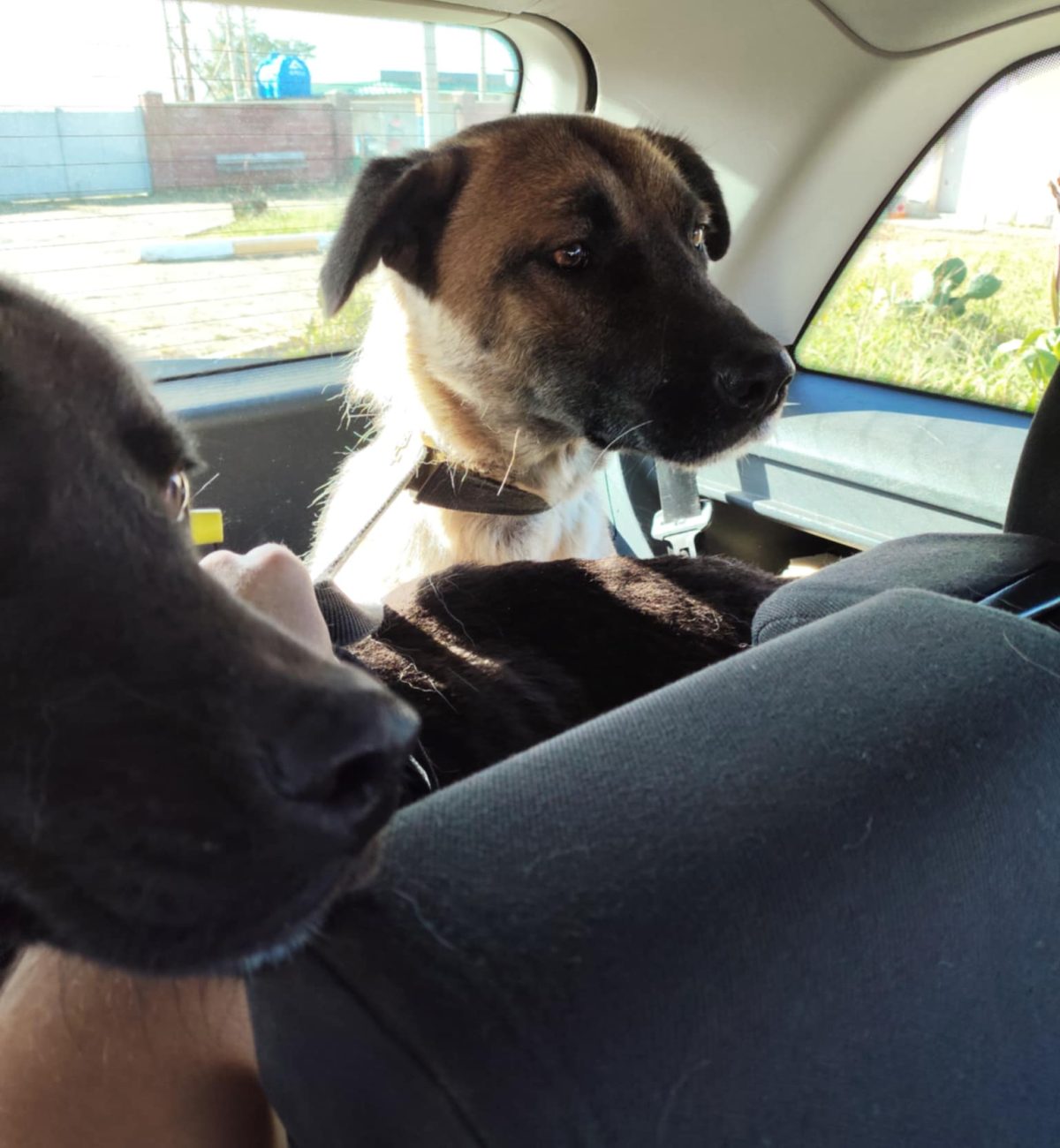
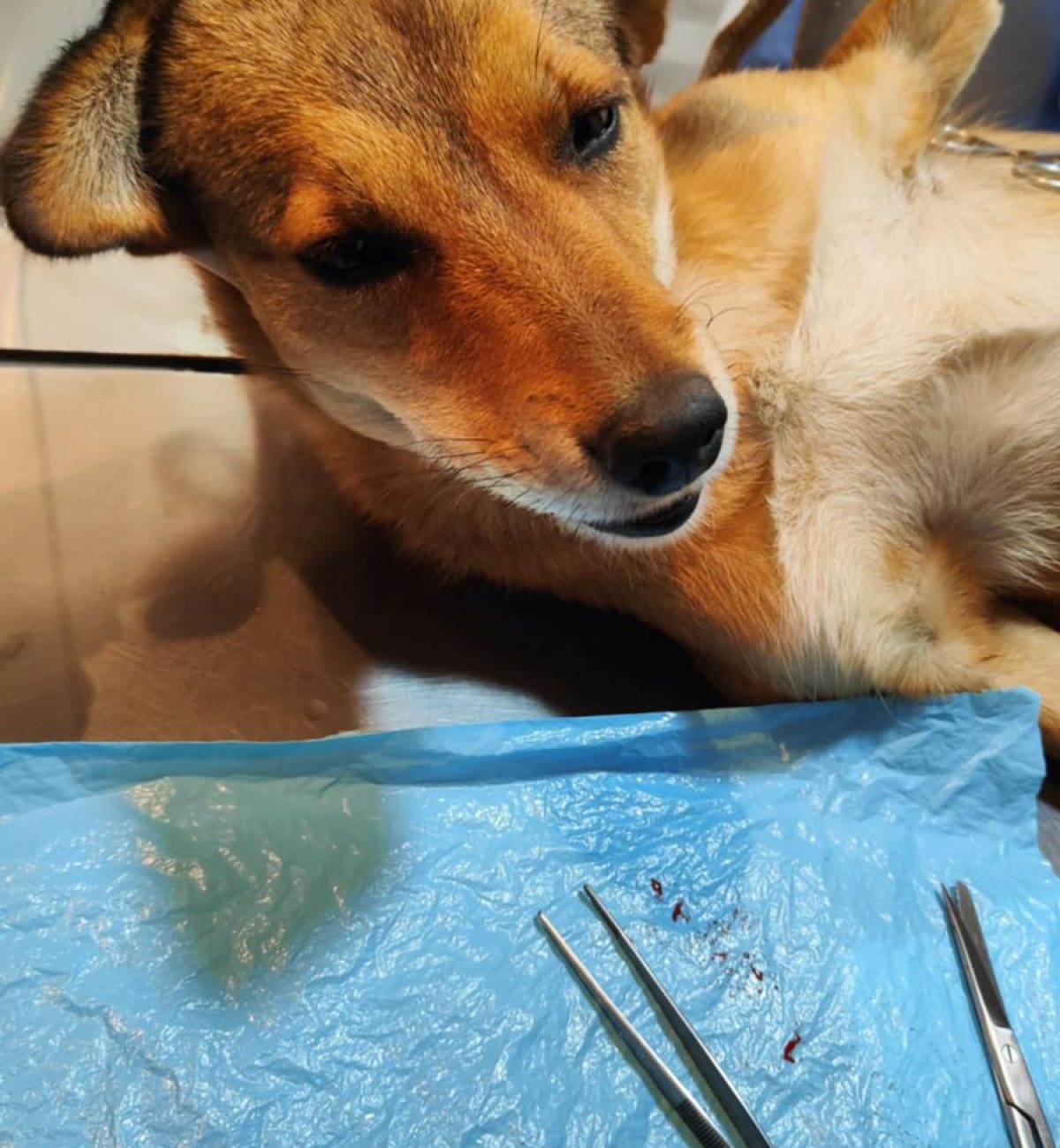
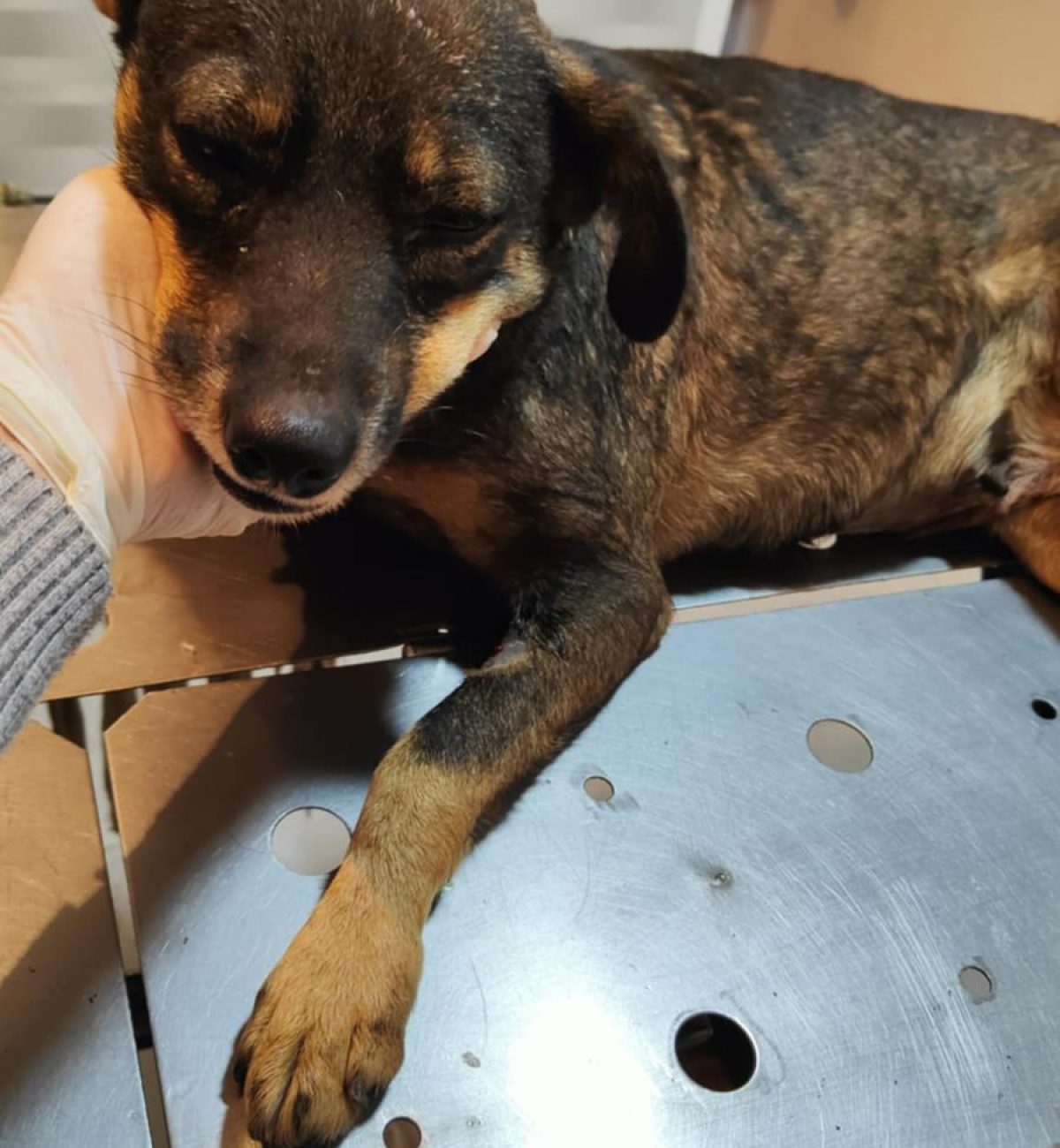
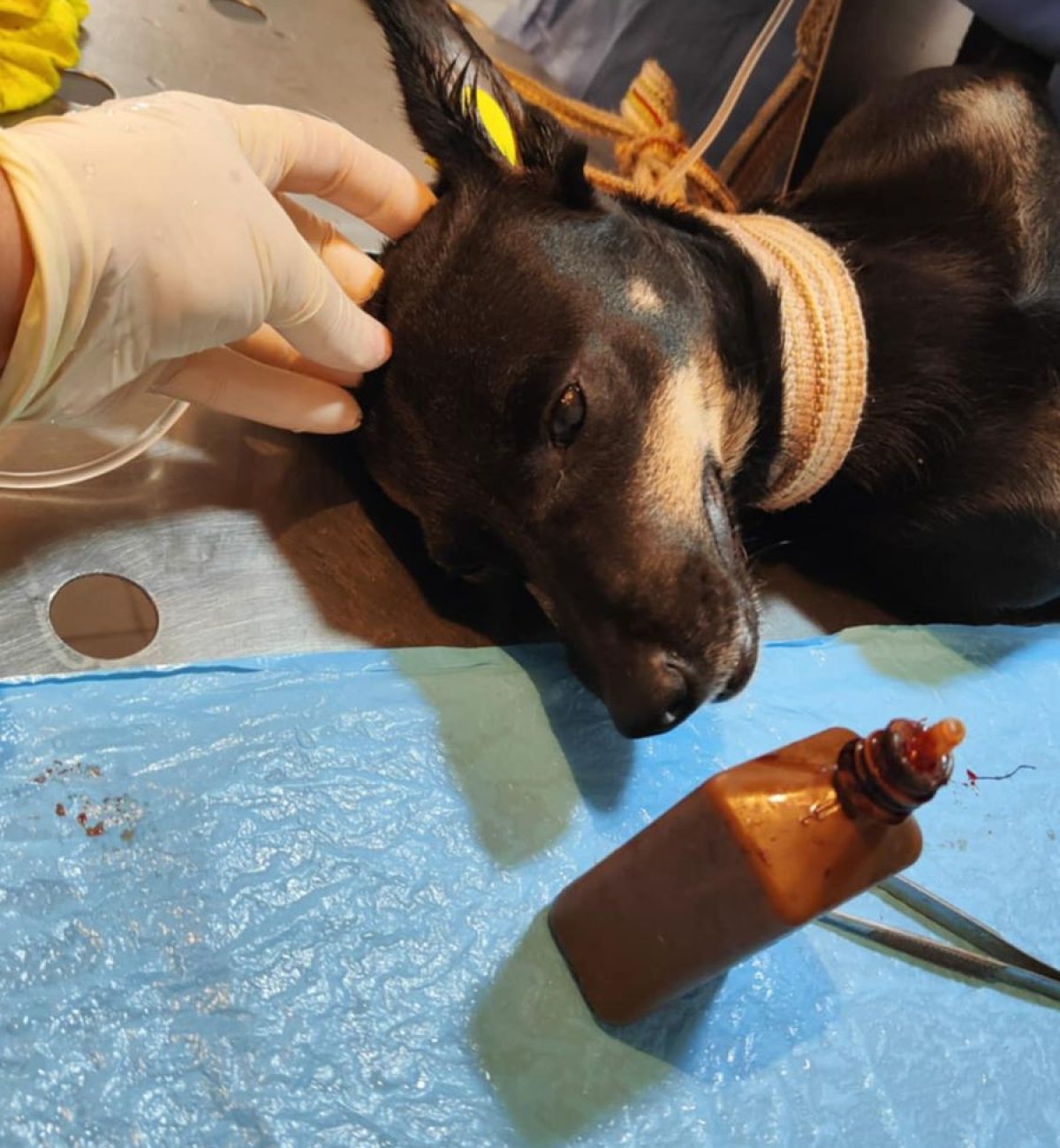
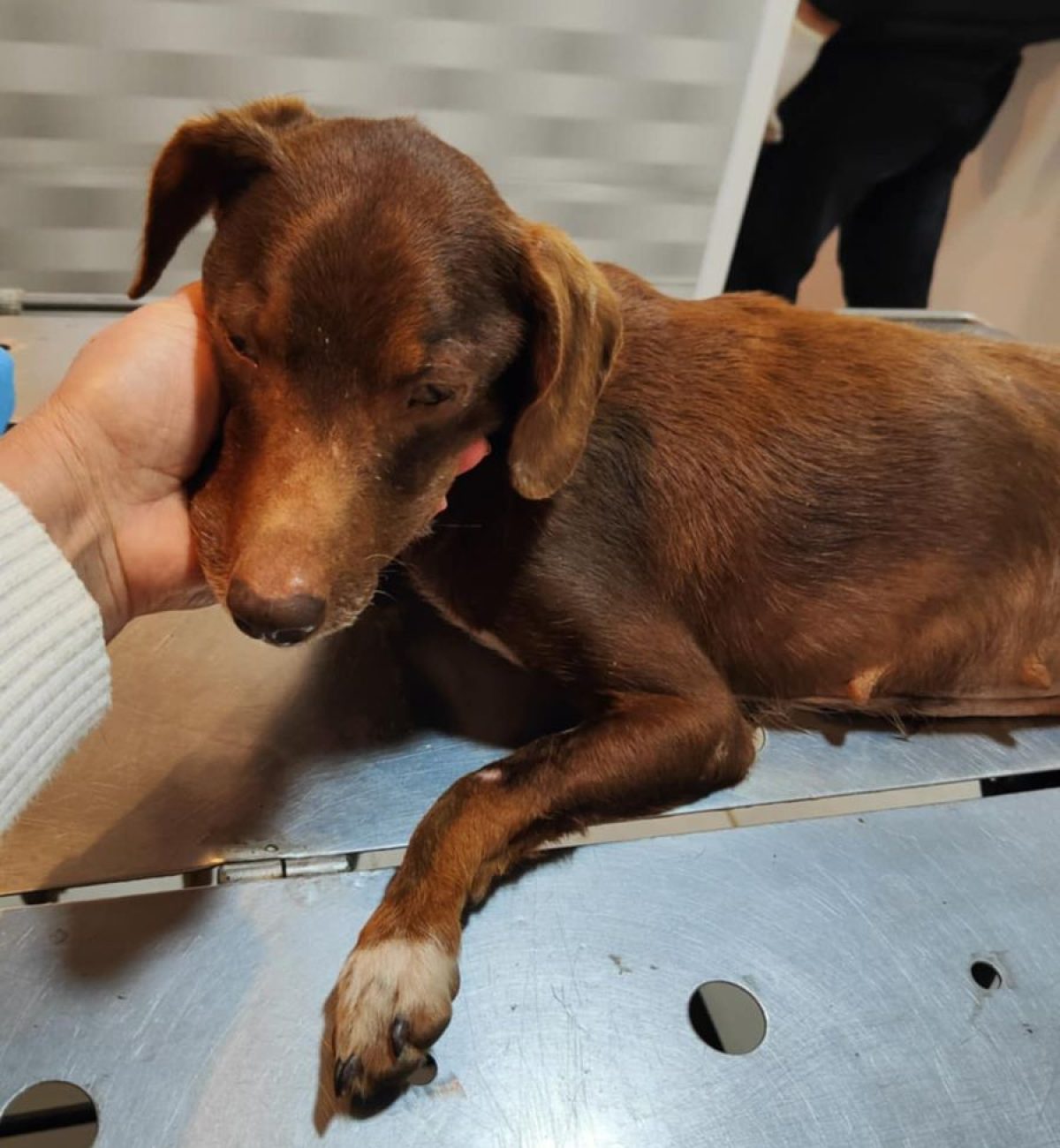
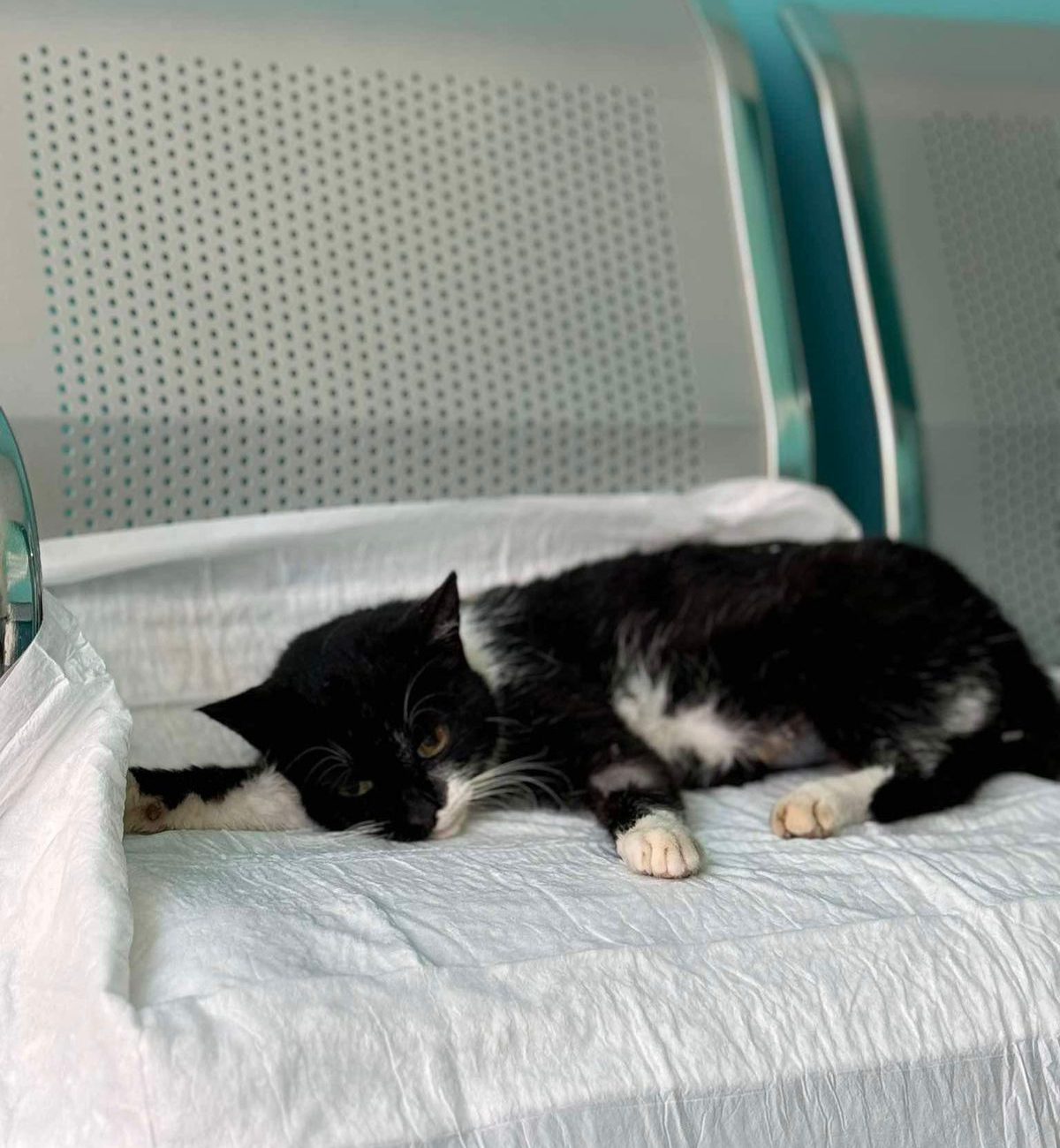
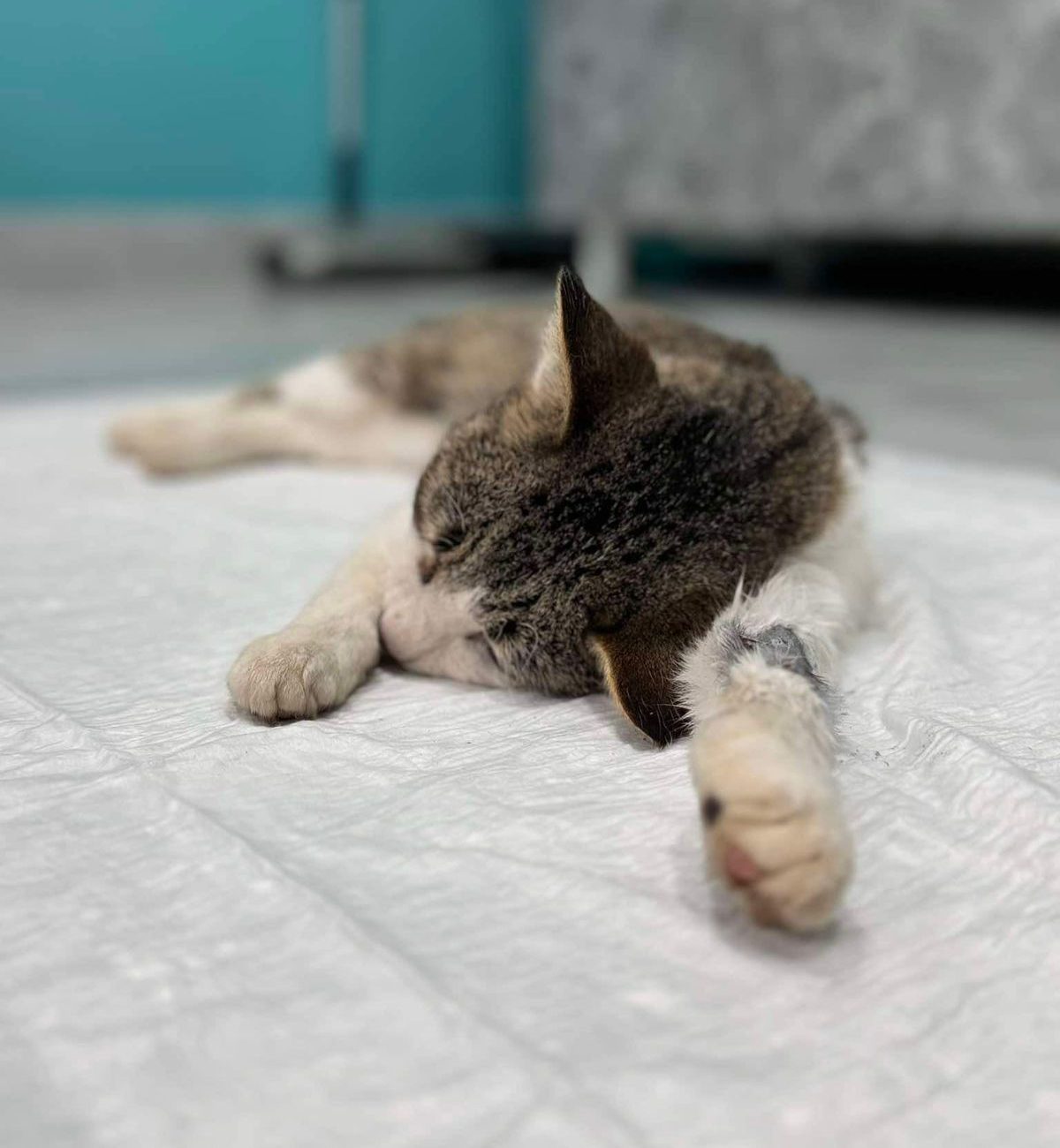
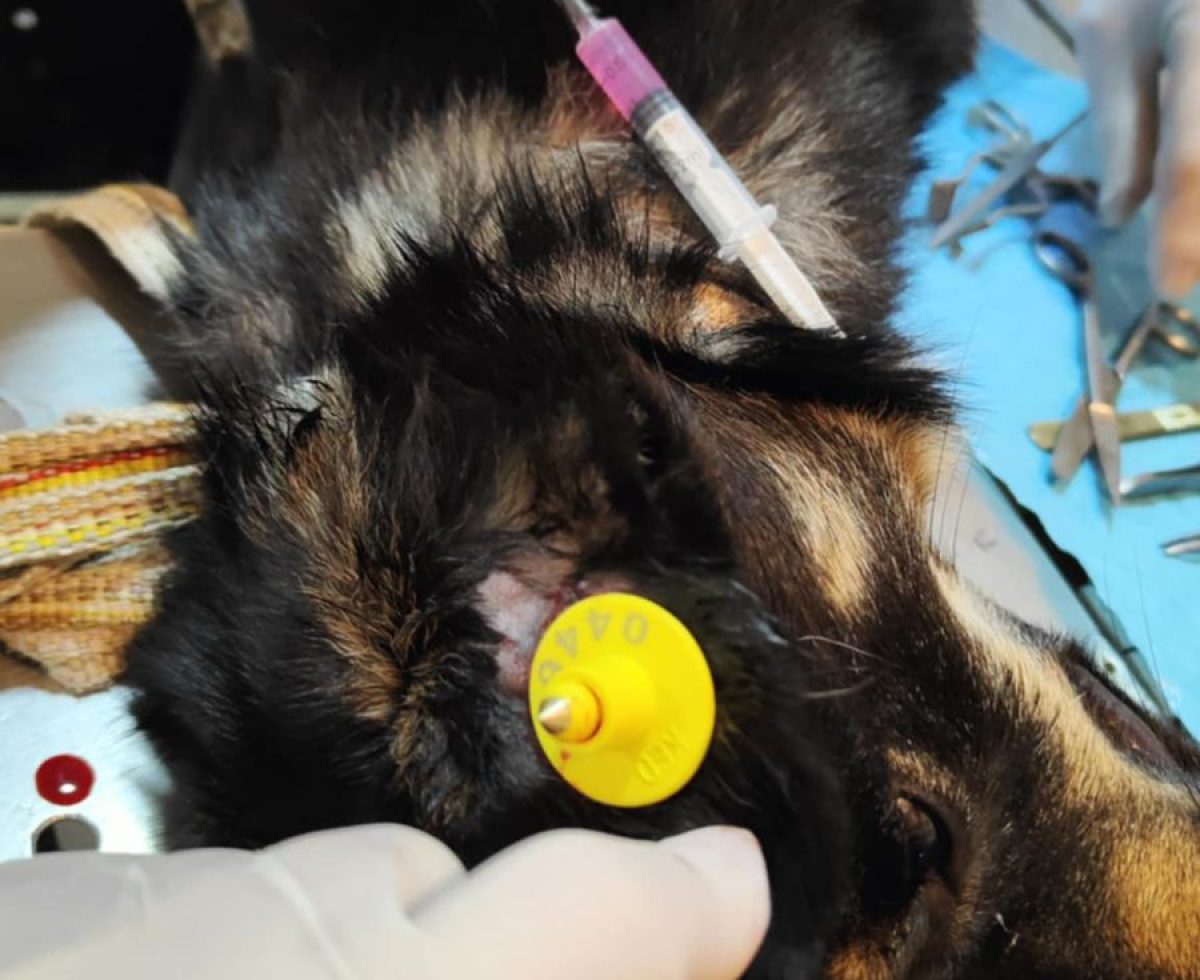
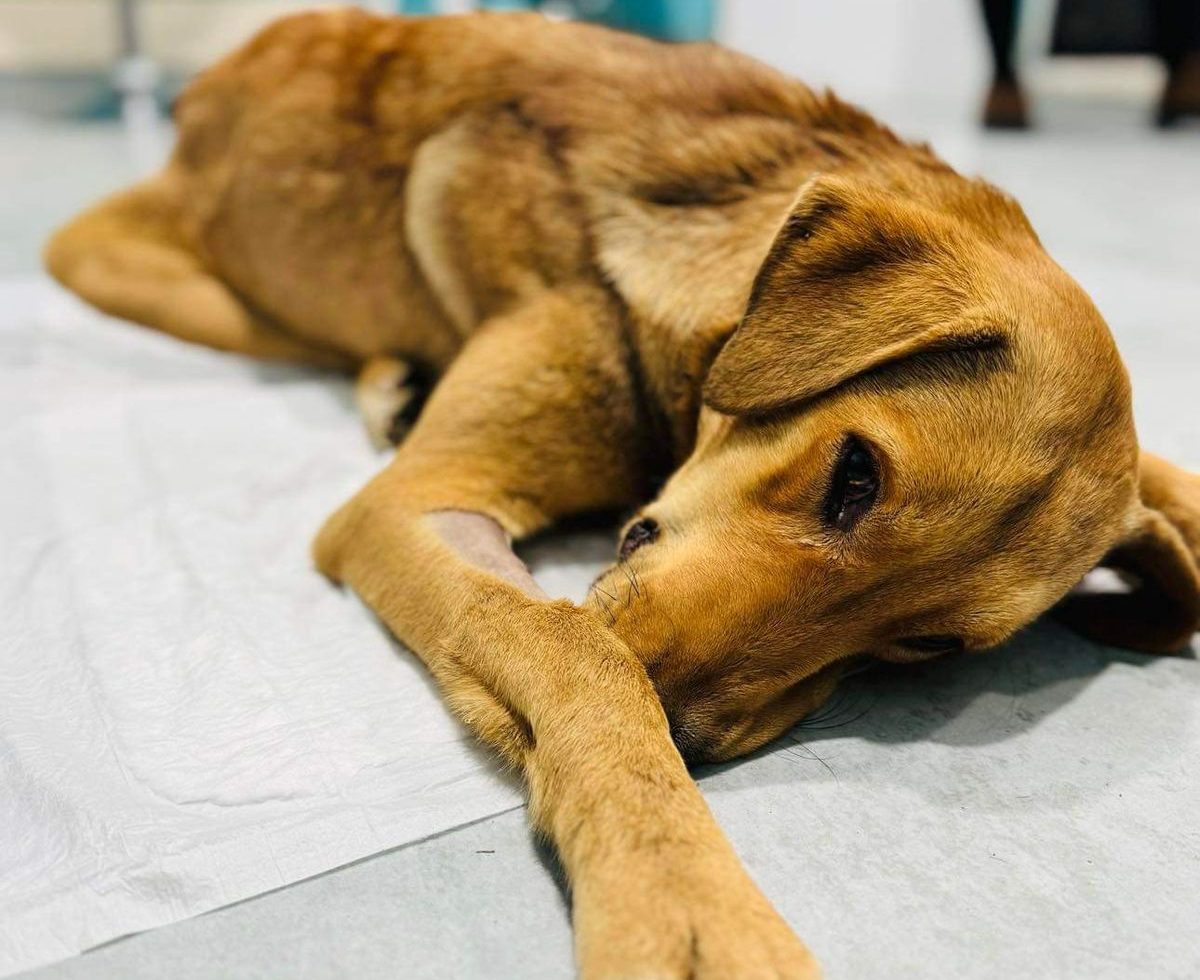
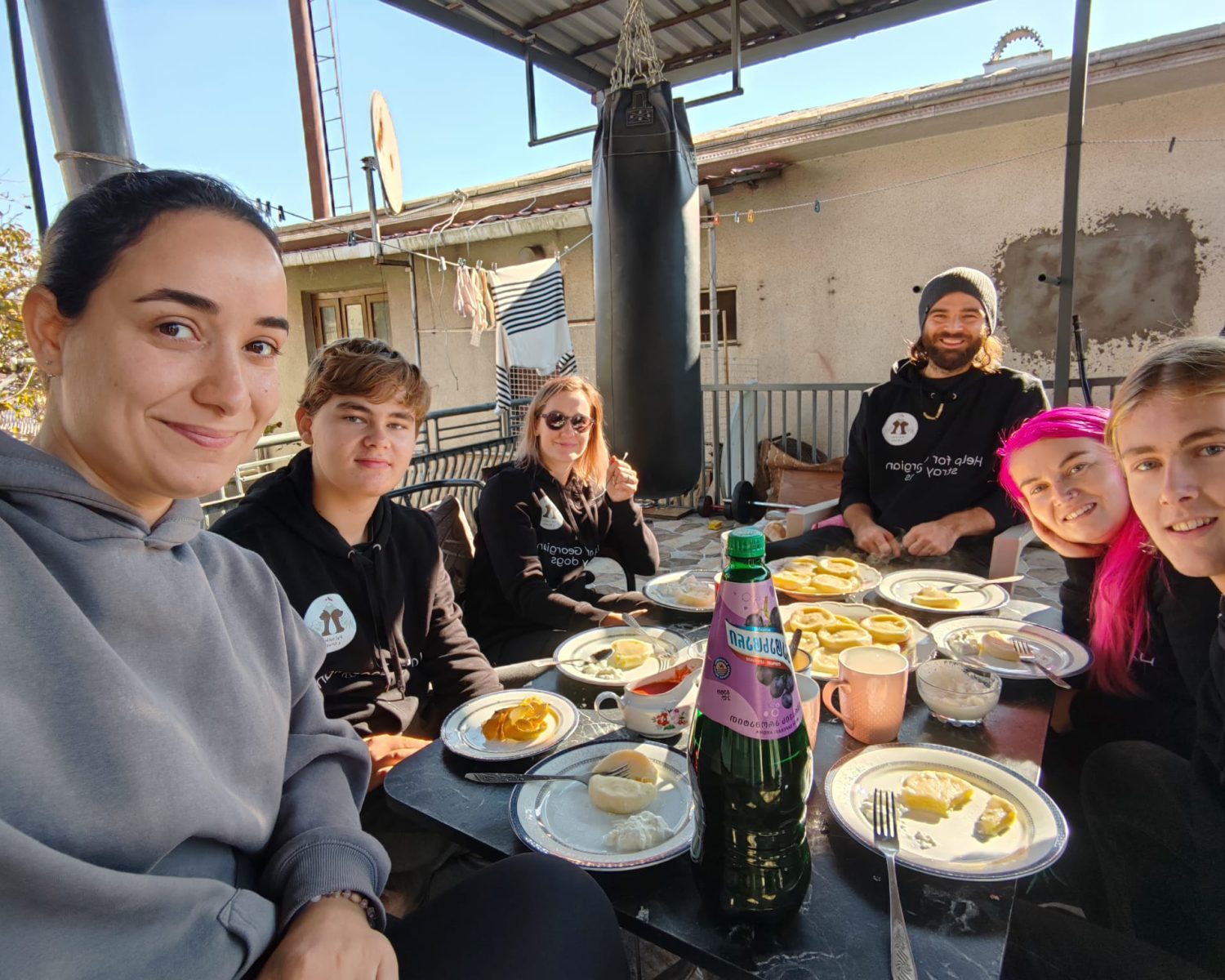
Keto's story
Keto is a stray from Zugdidi who has been well known to us for quite some time. However, we’ve struggled to take her in because we currently have over 60 foster dogs waiting to be rehomed. A few weeks ago, we found Keto severely injured after being hit by a car. She is suffering from anemia, kidney disease, and skeletal issues that cause her bones to press on her bladder. She is still too weak for surgery, but we are doing everything we can to help her regain strength as quickly as possible.
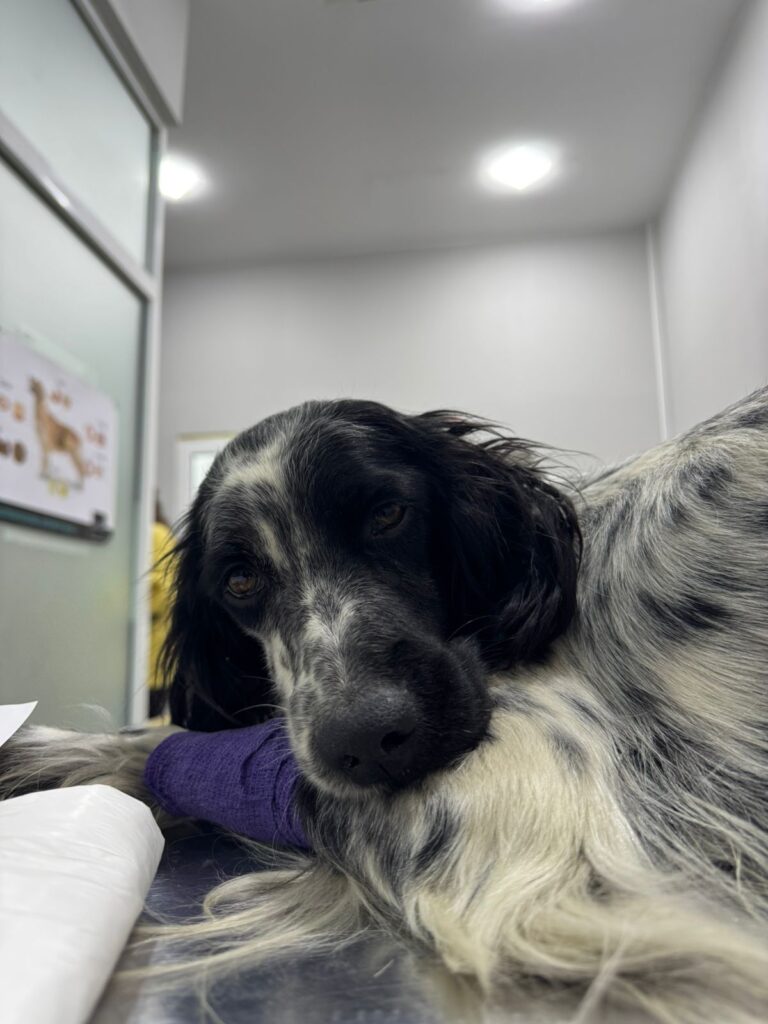
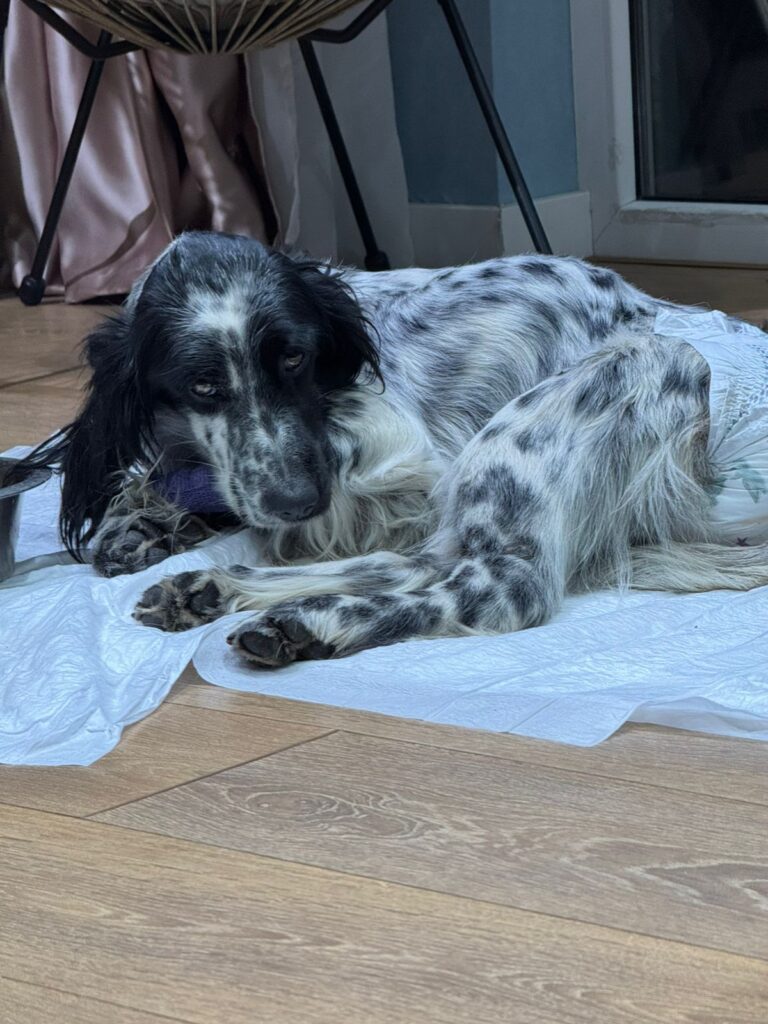
Fundraise galore
Many of our amazing supporters decide to launch a fundraiser to celebrate their birthdays. Lisa in Germany launched an incredible fundraiser for her birthday and raised more than 700 euro for Zero Strays Georgia. You can launch your own fundraiser at any time here .
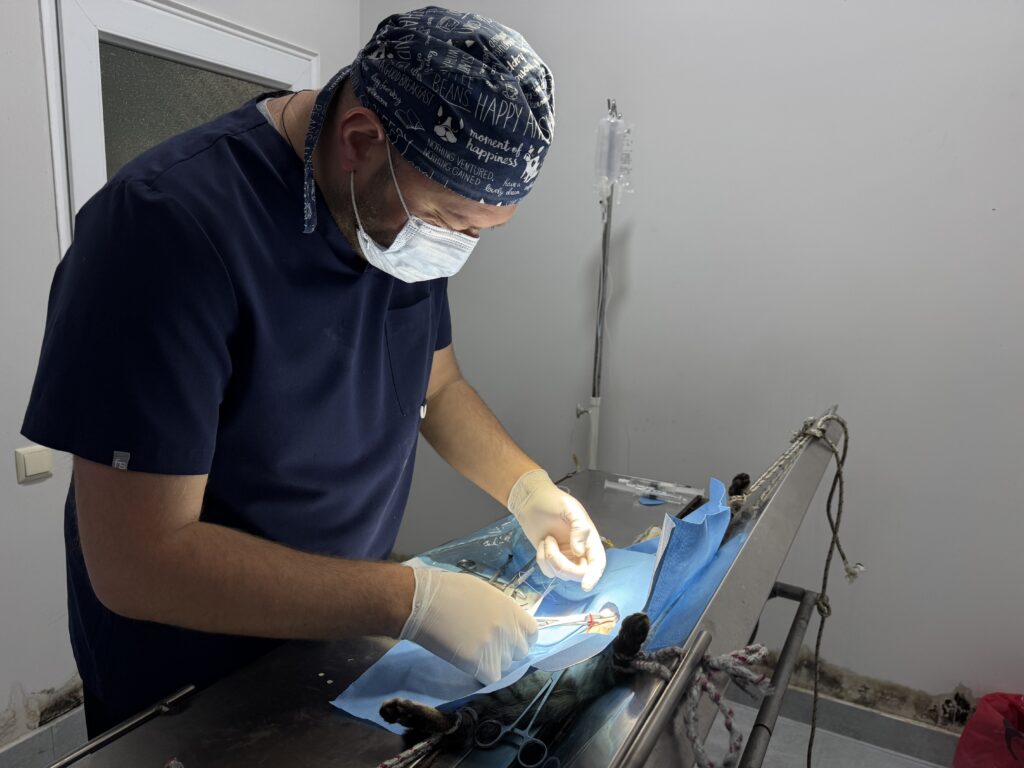
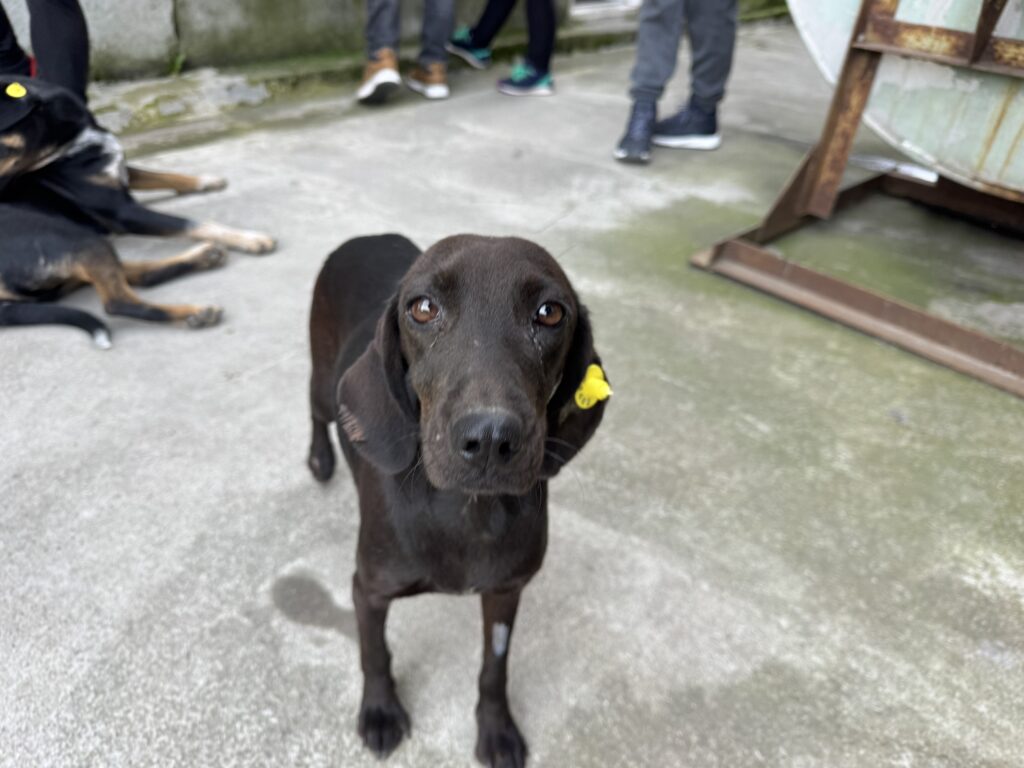
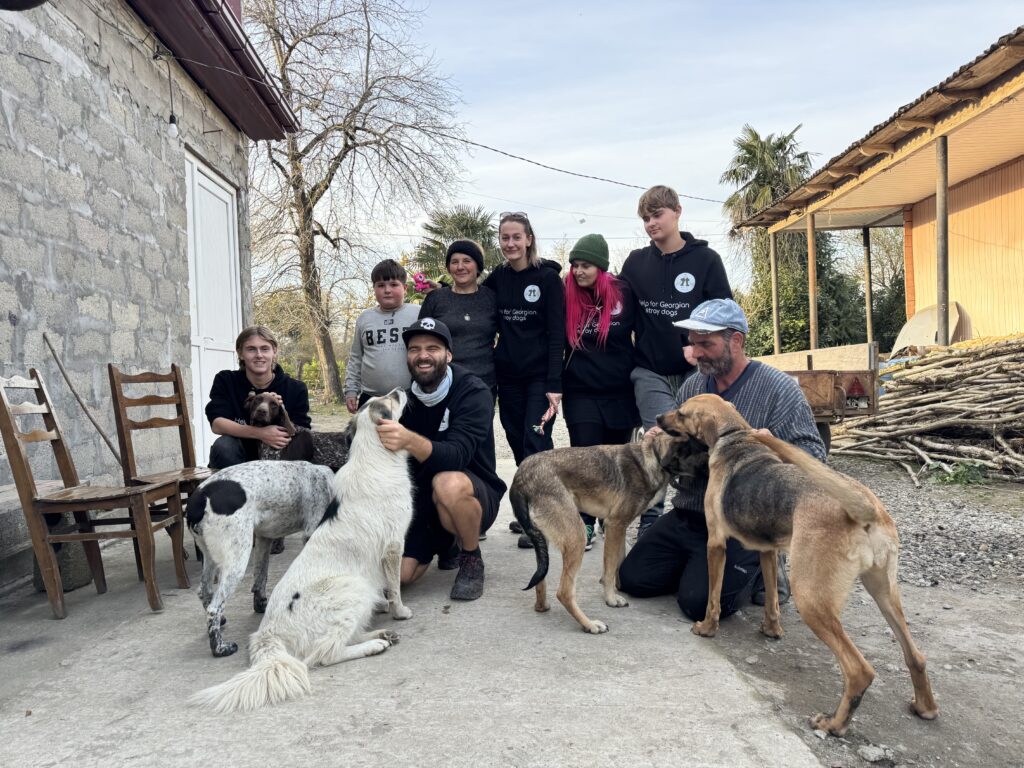
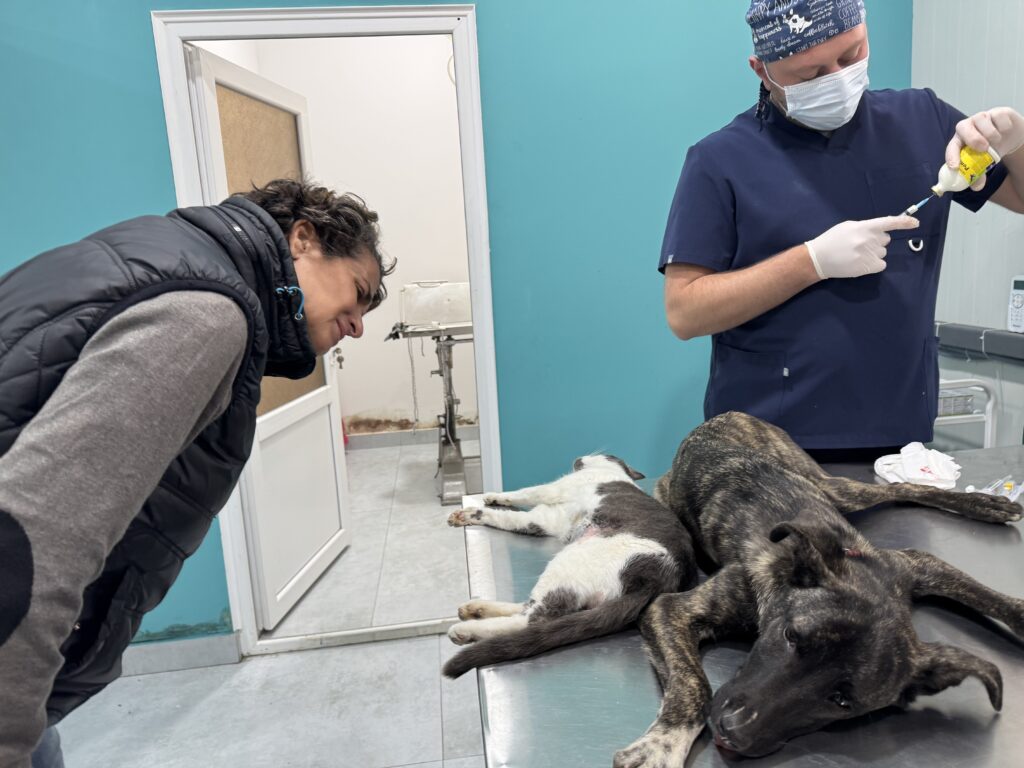
Preparing for adoption
We prepare all our foster dogs for overseas adoption—a process that each dog in foster care undergoes, which typically takes about six months, sometimes longer.
Before entering a foster home, we check each dog for common viral diseases and bacterial infections that may be contagious. Babesia and parvo virus are two common infections that can be lethal if left untreated or treated too late. Once in foster care, we mark the dogs with ID, administer complex vaccinations and rabies shots, and have their rabies antibody count tested in a German lab. After these steps, they are ready to travel in about three months.
In November, three of our foster dogs tested positive for babesia and are now undergoing treatment.
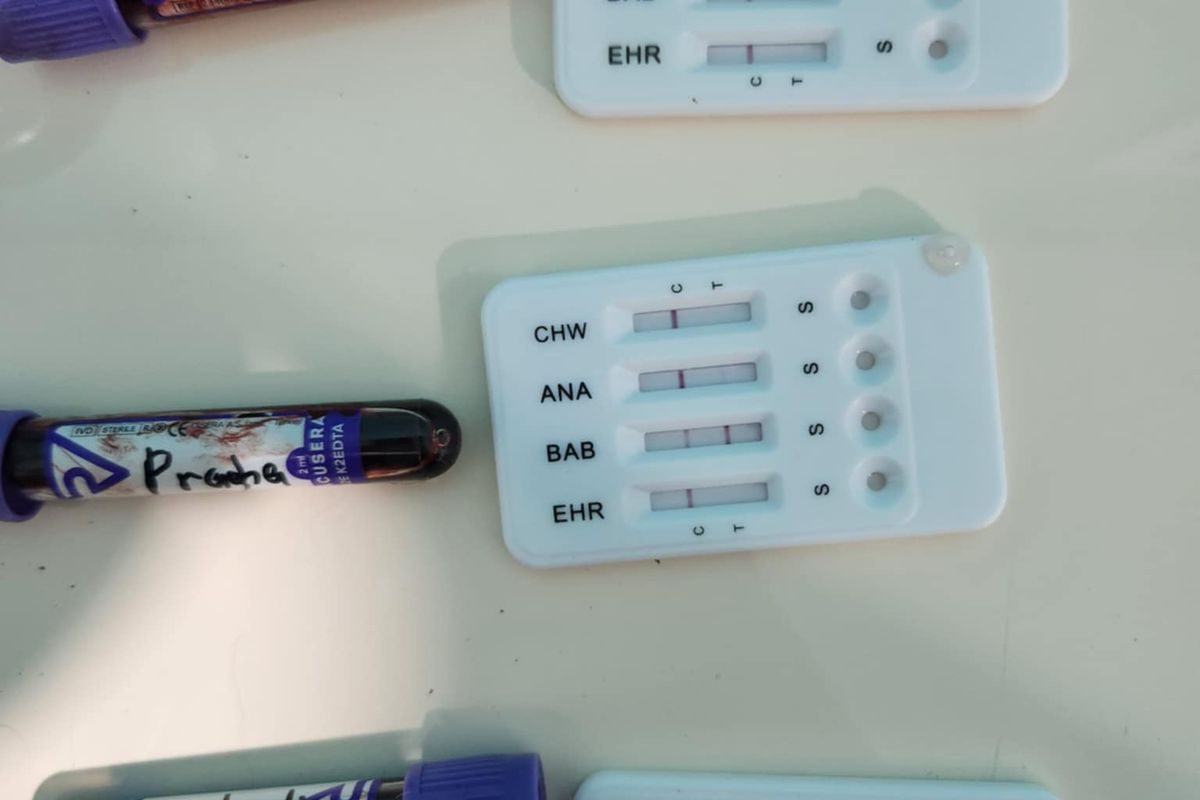
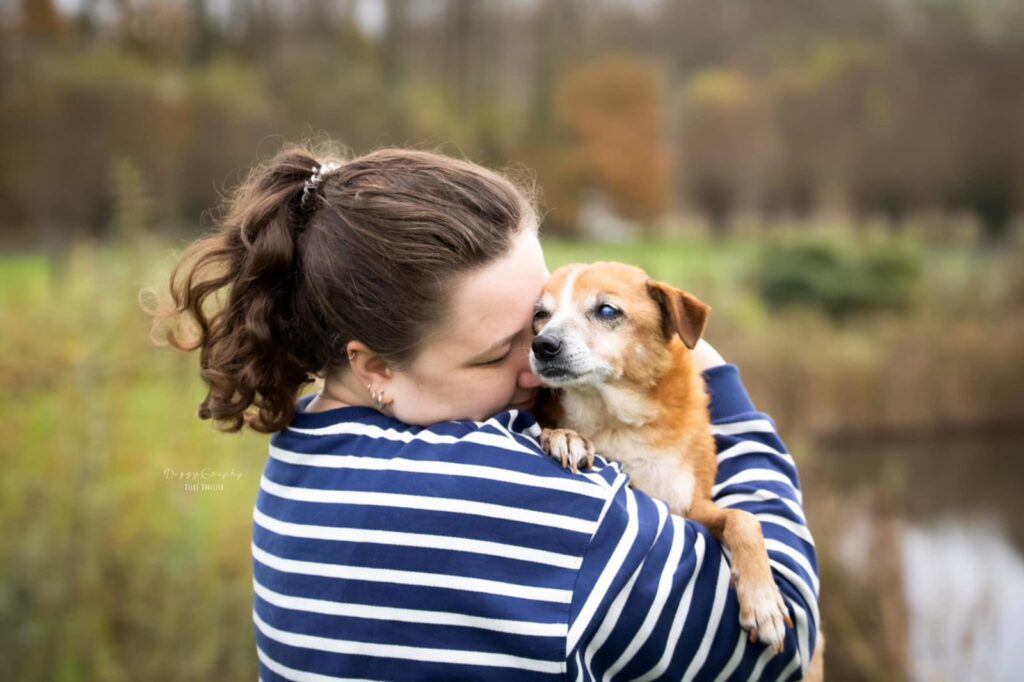
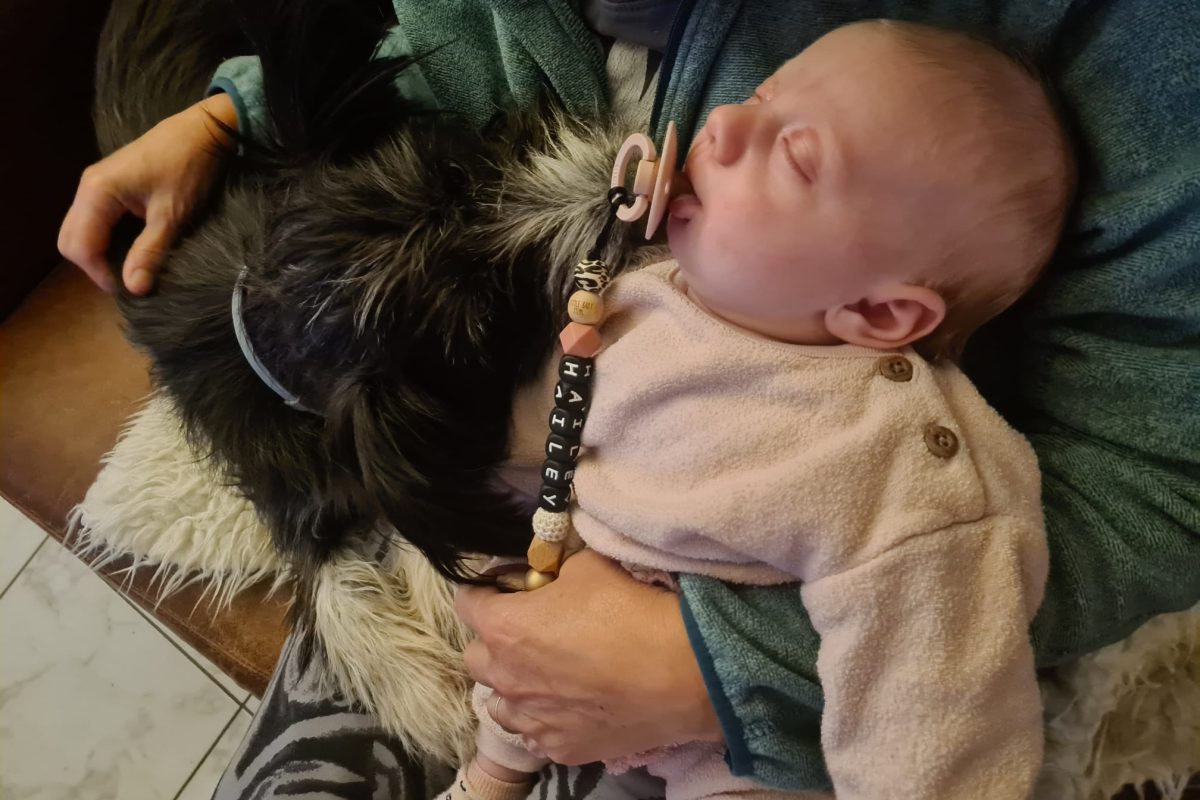
Further sterilisations & vet treatments
As mentioned in the intro, we sterilized 148 animals in November—an estimated 500 paws that will never have to be born onto the streets. These are just a few examples of sterilizations carried out in Zugdidi, Kutaisi, Lechkhumi, and Svaneti with the help of our vets and volunteers. The situation is particularly dire in areas such as Samtredia, Marvili, and Kutaisi—regions we hope to focus on more if resources allow.
The need for medical care is immense among the strays we encounter, and we do our best to treat them before we have to return them to the streets. However, we closely monitor their progress during our feeding rounds to ensure they don’t develop post-treatment infections or other complications.
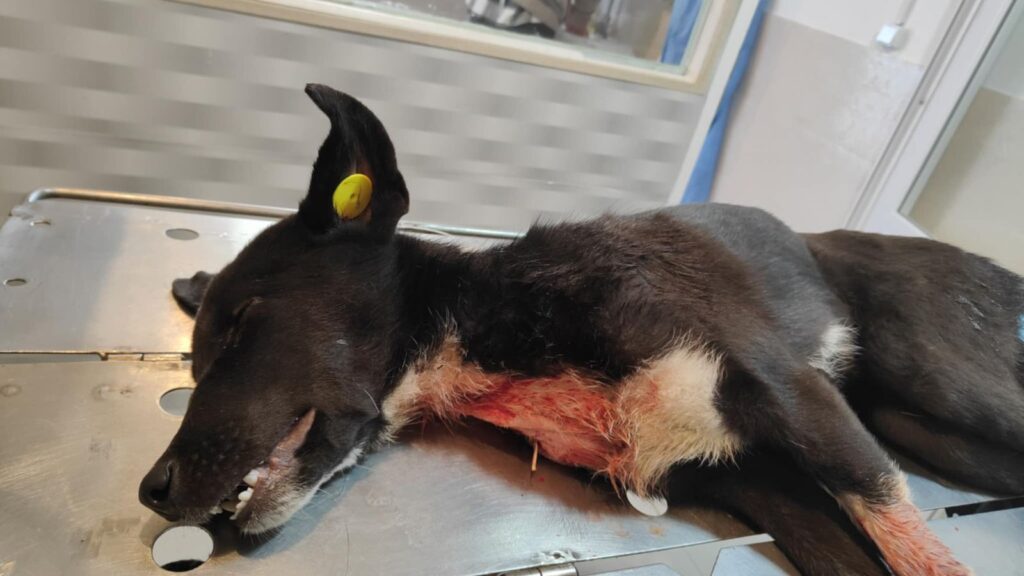
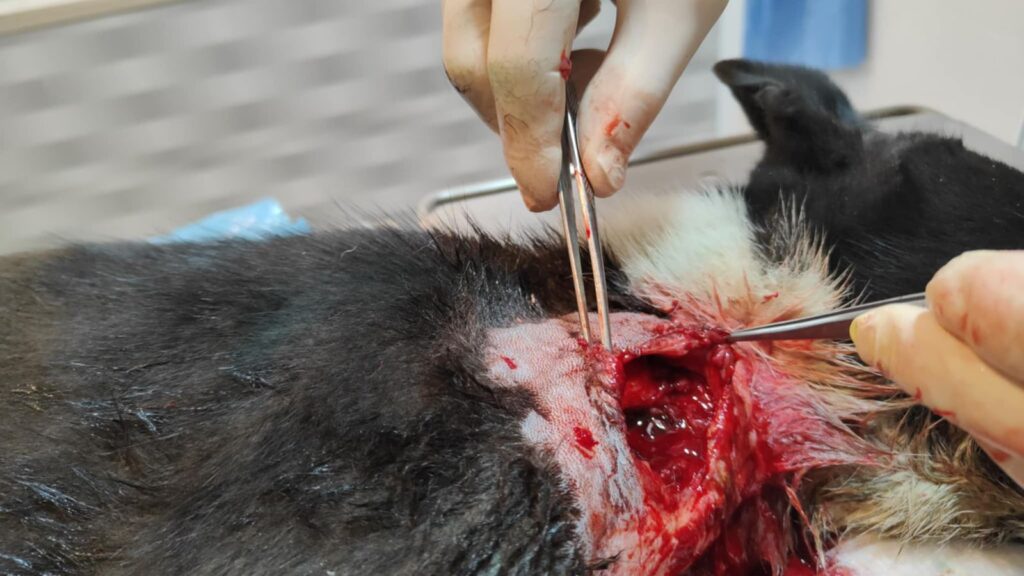
An unconventional foster home for Gordon
Gordon was very badly hit by a car and suffered terrible injuries, including a leg injury that forced us to amputate his leg. Zero Strays Georgia sponsored the surgery which was carried out by vet George Tchurgulia.
As many of you know, Zero Strays Georgia does not have a shelter or own any land. Nor do we put dogs in communal shelters but instead pay 180 GEL per month and dog for a local family to care for our foster dogs until they have found their own forever home. This time Enegro Pro Georgia’s office workers are provided a much needed post-surgery foster care for 3-legged Gordon.
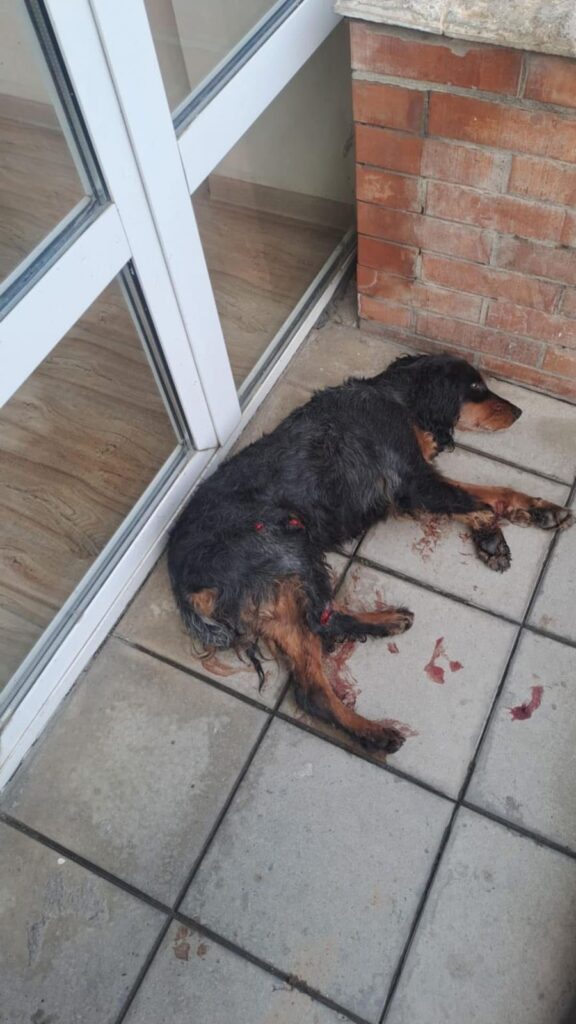
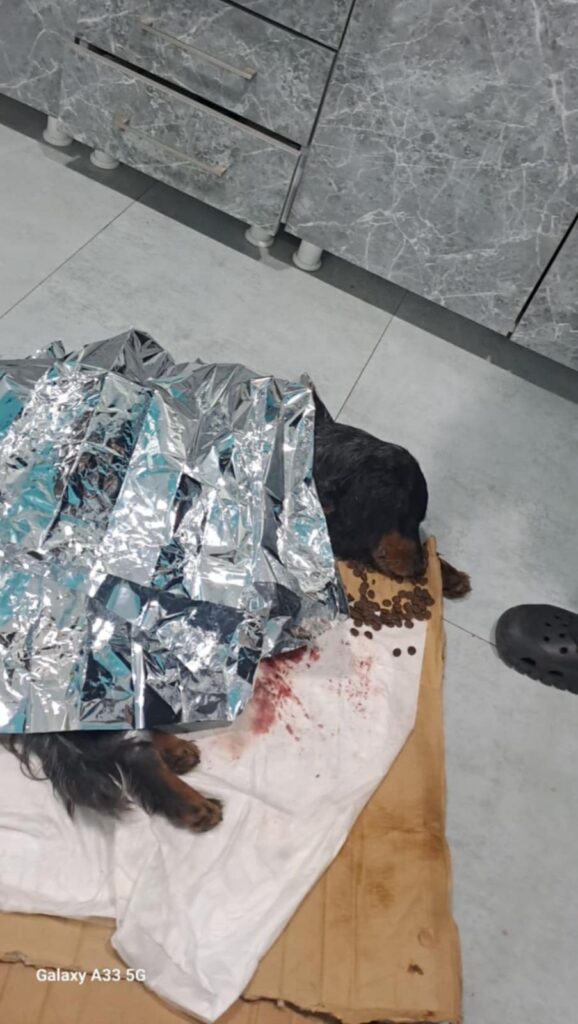
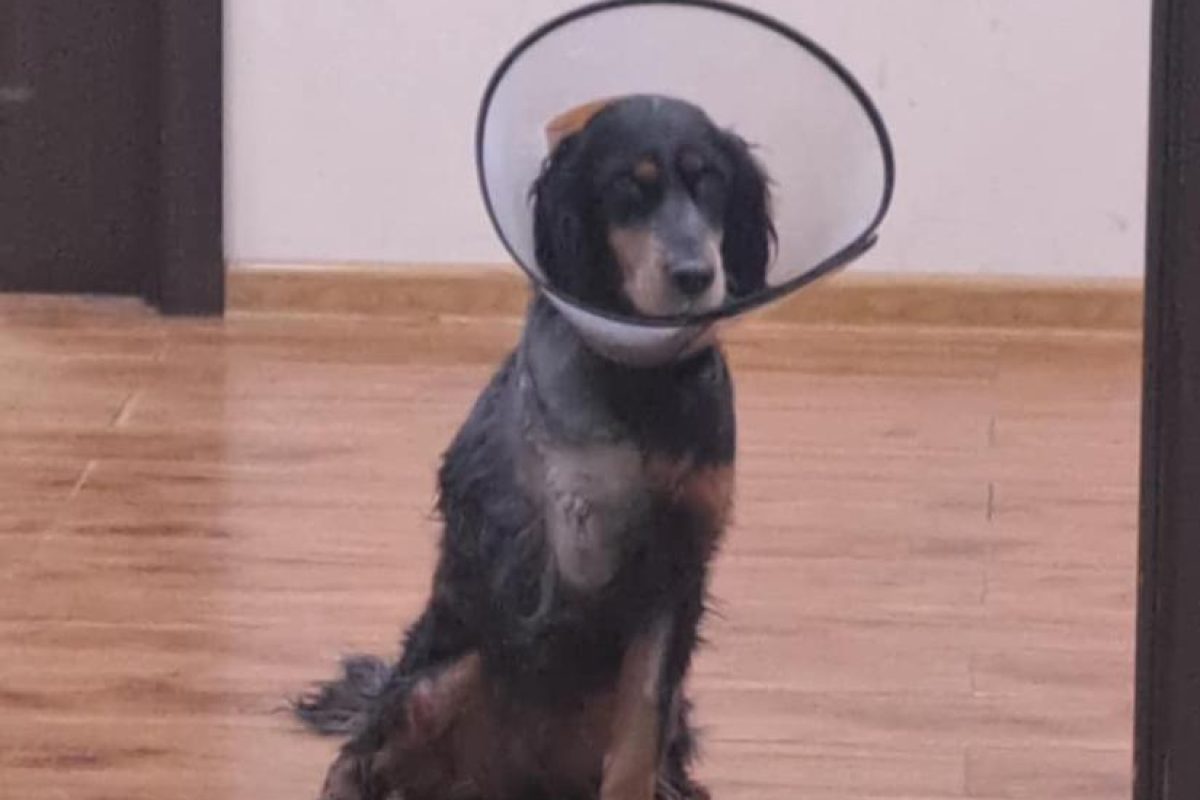
Lia's story
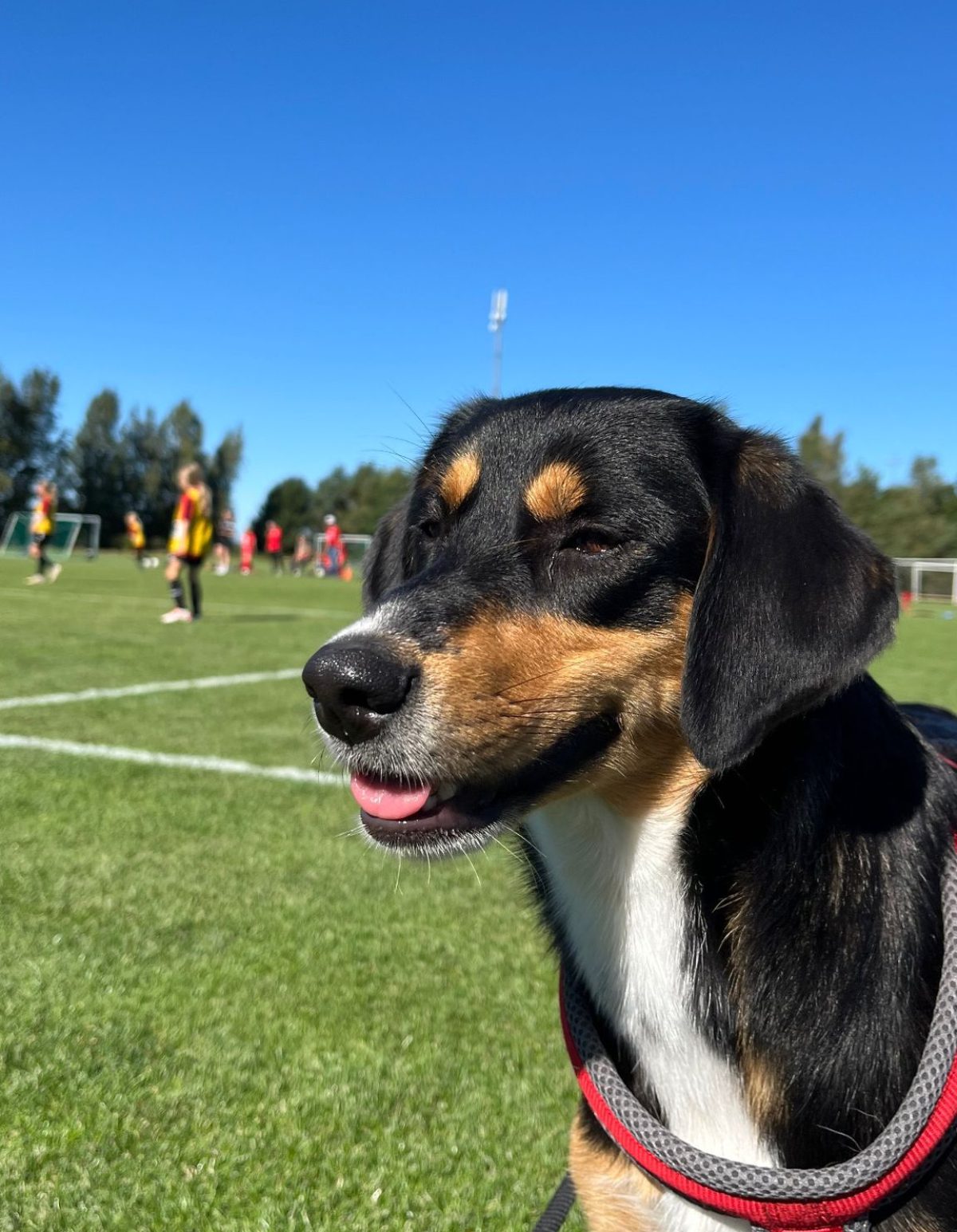
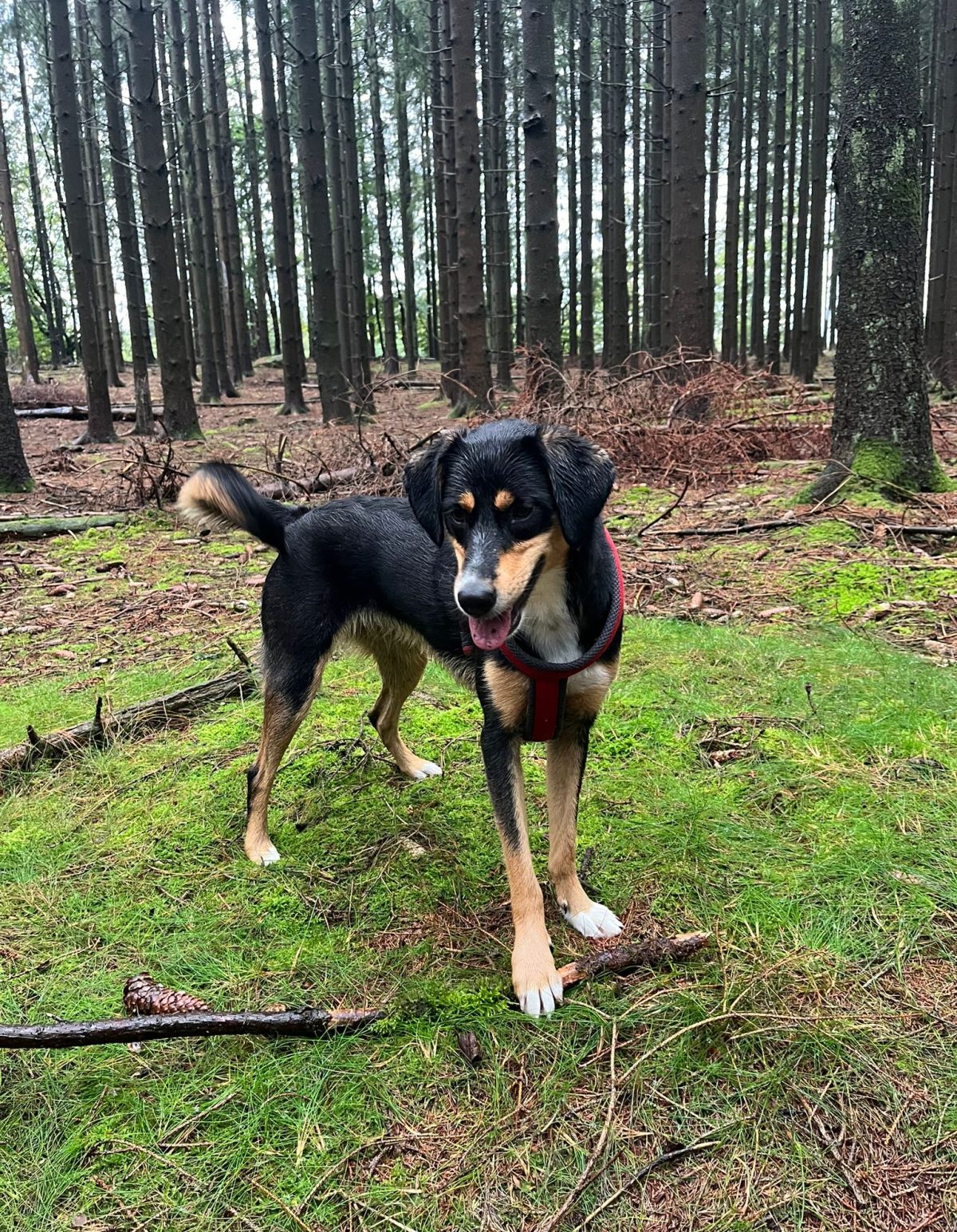
Mikaela and her family adopted Lia in 2024. They live in the Swedish countryside and came to know about Lia through a friend’s Facebook post.
“We had a unique experience adopting Lia, thanks to Sofia, who took care of all the paperwork and blood tests related to the adoption process. Everything went smoothly, and we are incredibly grateful for Sofia’s help.
It all started when we saw a Facebook post from our mutual friend, Irina. She shared that Sofia had found Lia, a dog in need of a home.
At the time, our family had discussed the idea of getting a dog, but we hadn’t planned on adopting one immediately. However, Lia’s story resonated with us, and we decided to welcome her into our home. We quickly made the preparations for her arrival, and we’re so glad we did.
Life with Lia has been nothing short of wonderful. She is incredibly friendly, sociable, and great with our children, who are seven and nine years old. Lia even joined in a child’s birthday party and thoroughly enjoyed the experience. The kids love playing with her, and she absolutely adores the attention. She truly is a “people’s dog!”
Our only challenge so far has been managing Lia around our chickens on the farm. She has strong hunting instincts, so we are working on helping her adjust to the chickens, teaching her that they, too, are part of the family.
Lia gets along brilliantly with our two cats. They spend a lot of time together when we are at work or school, and it’s clear that she feels at home with them. The children have taken on the responsibility of managing Lia after school, and it has worked out perfectly.
Lia is truly the world’s best dog. She knows how to find the comfiest spots on the sofa or in bed for a nap. During the day, she is a keen runner and needs daily opportunities to run in the forest. It’s one of the things she enjoys most, and we make sure she gets plenty of exercise.
We’re looking forward to enrolling Lia in a dog training course to teach her to come when called and to continue working on her training. It’s an exciting next step in her journey with us, and we’re eager to watch her grow and learn.”

